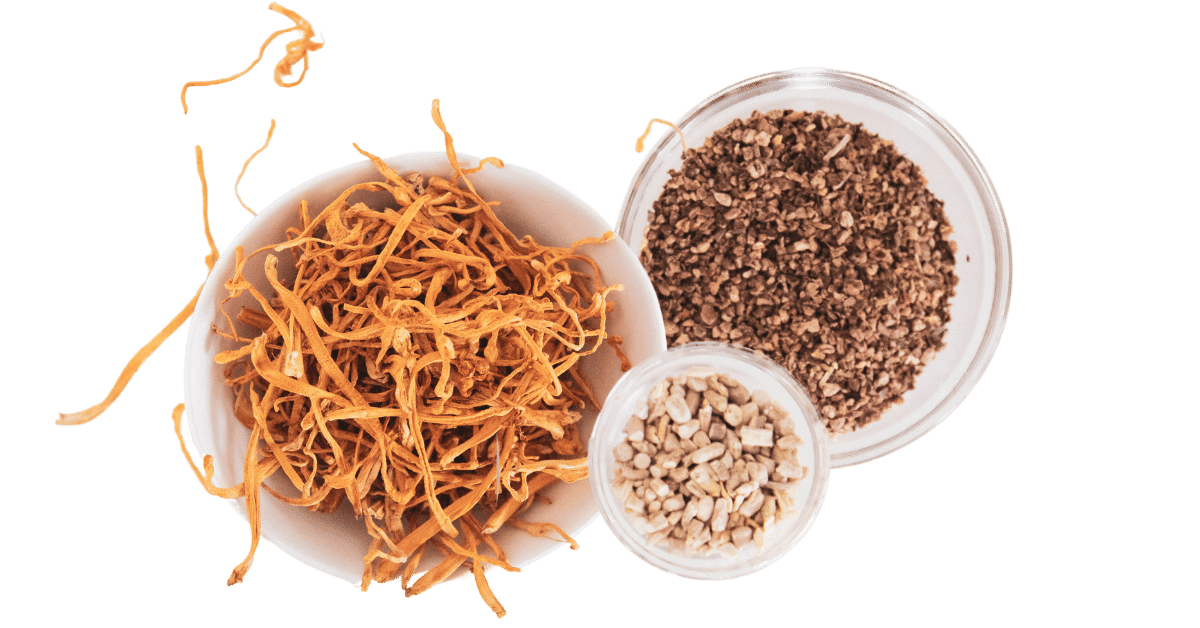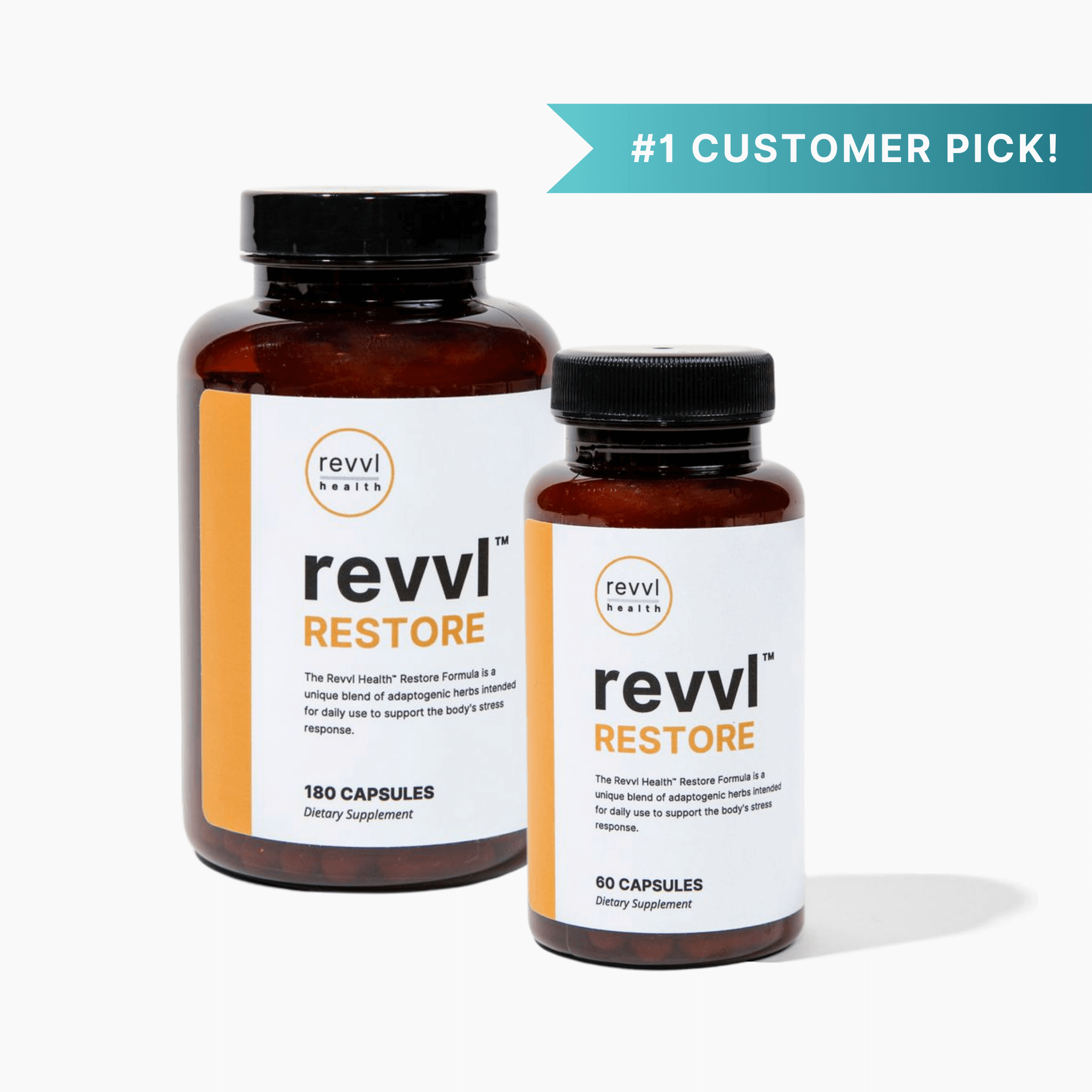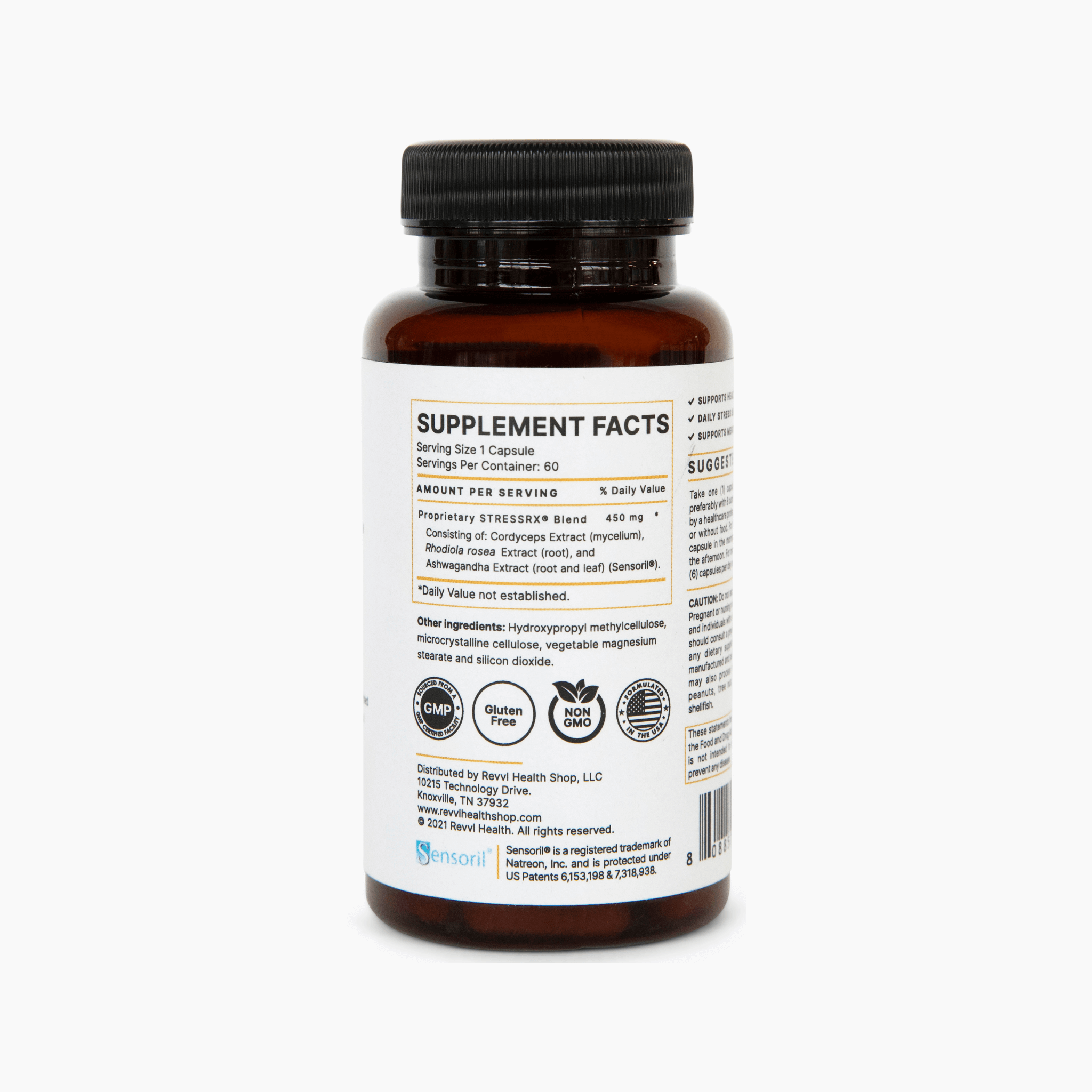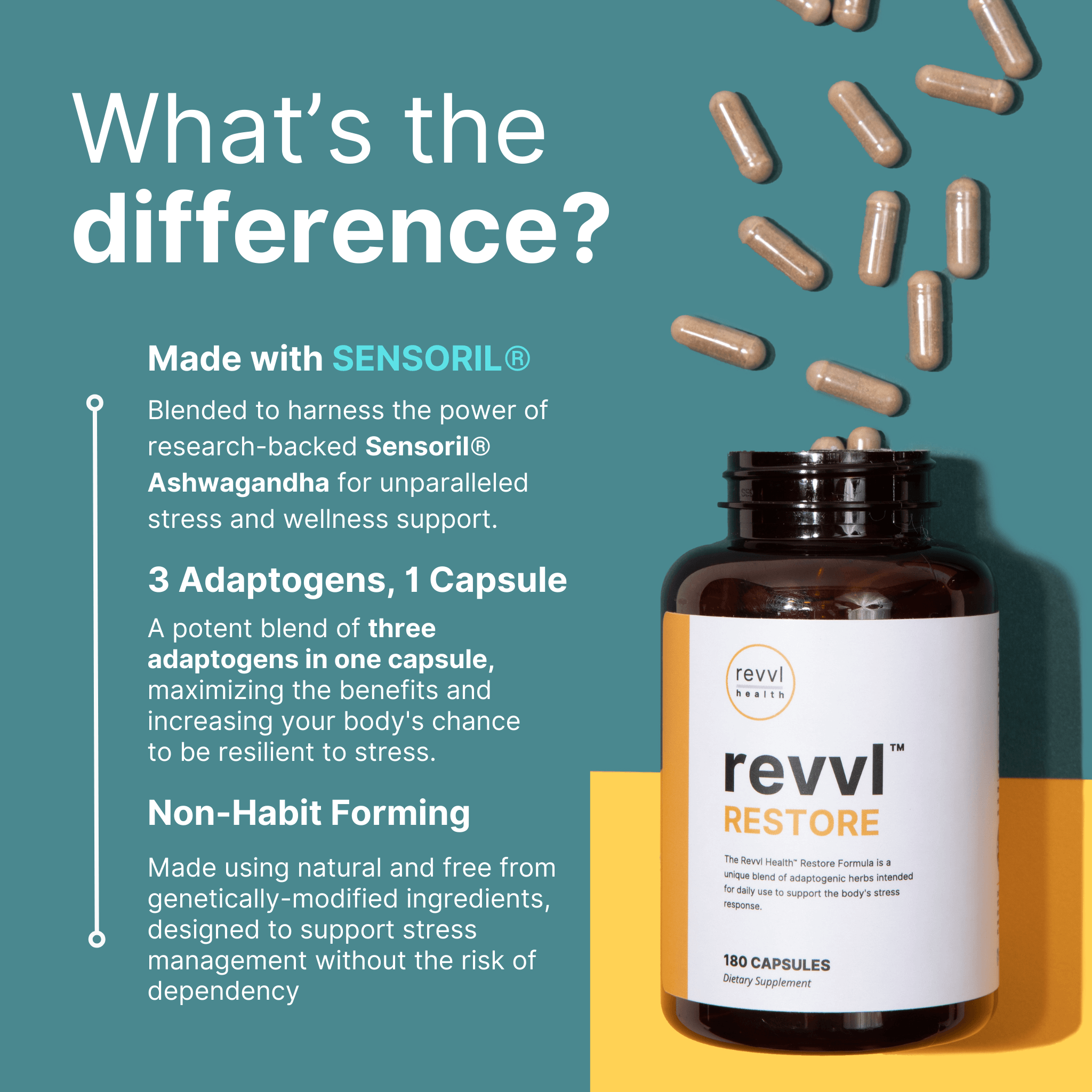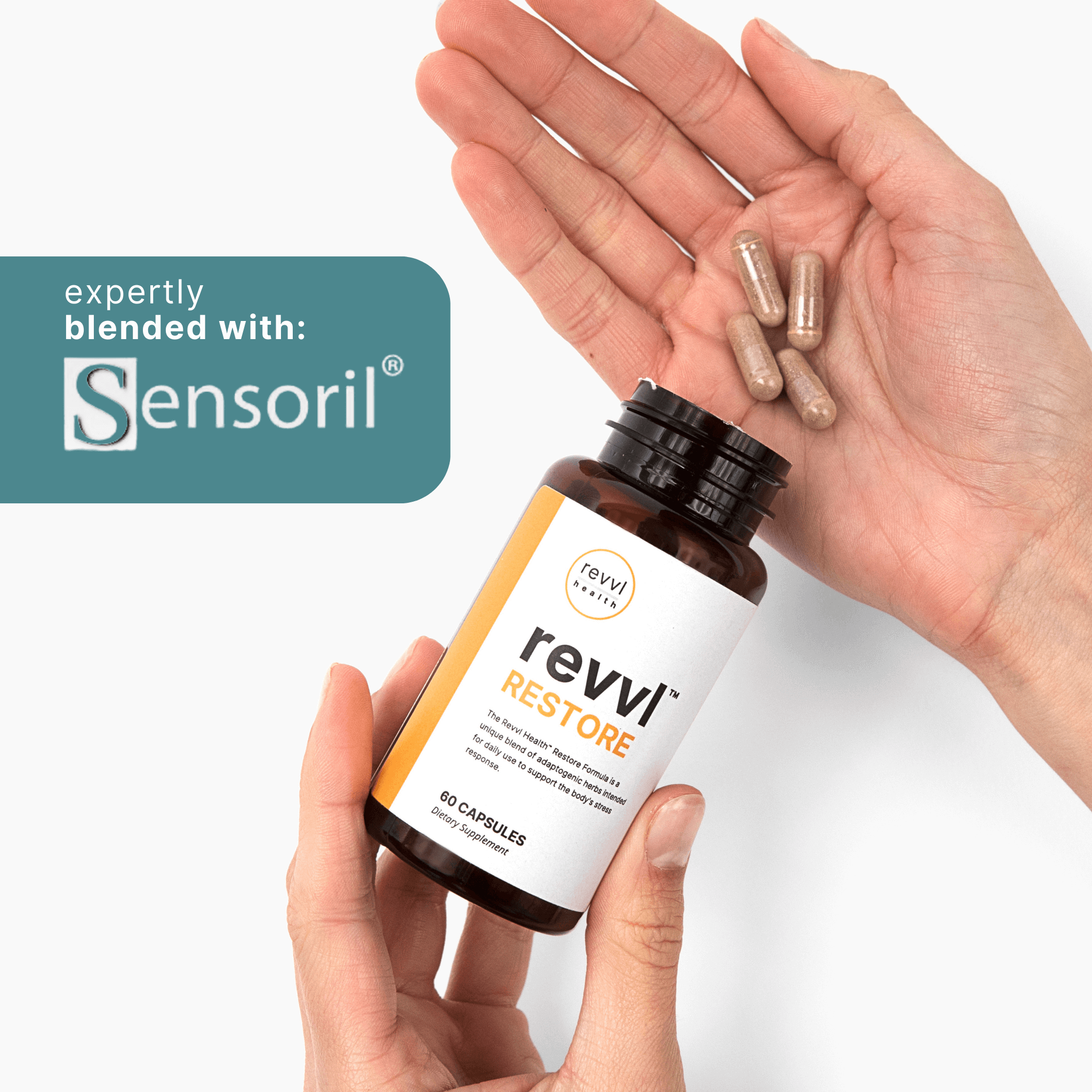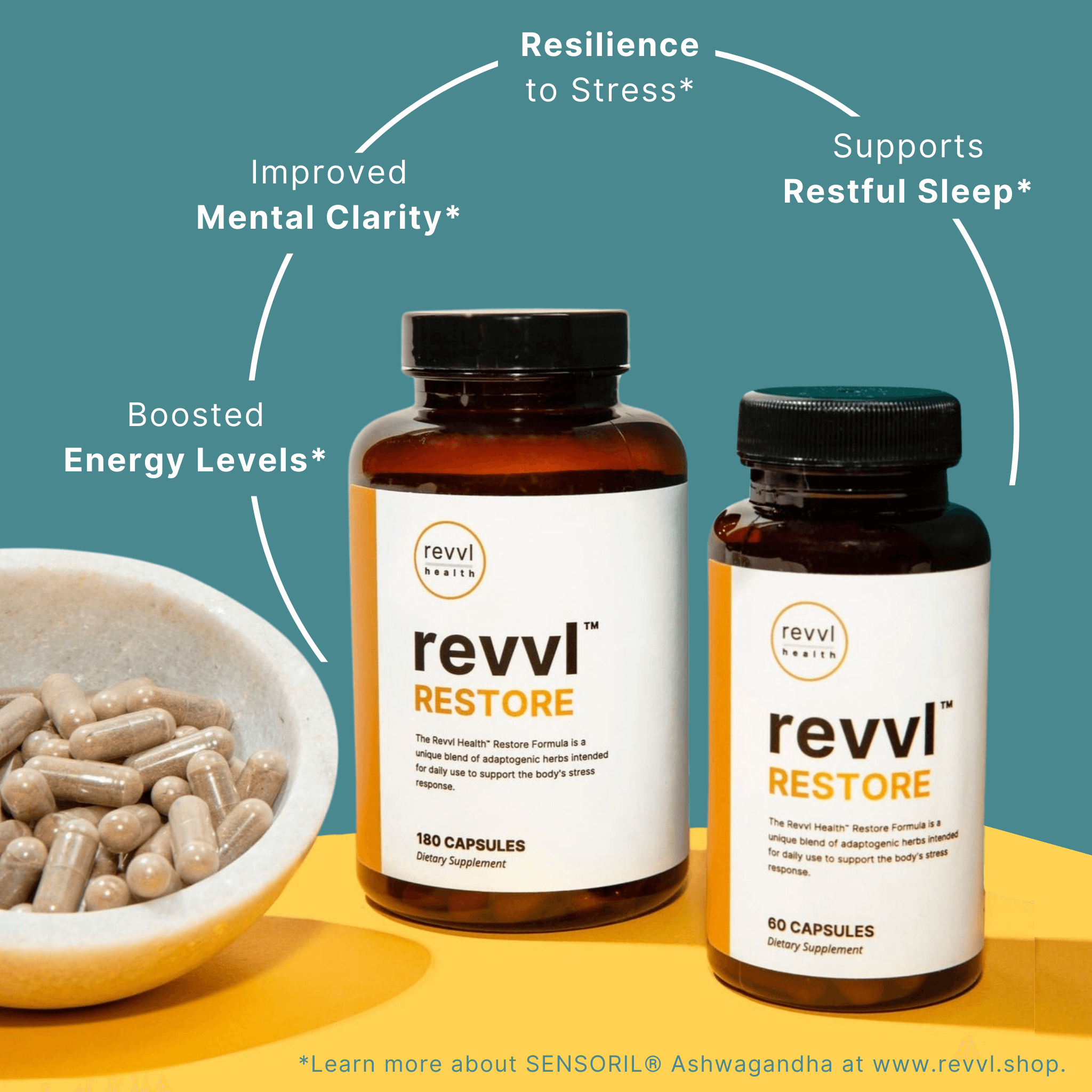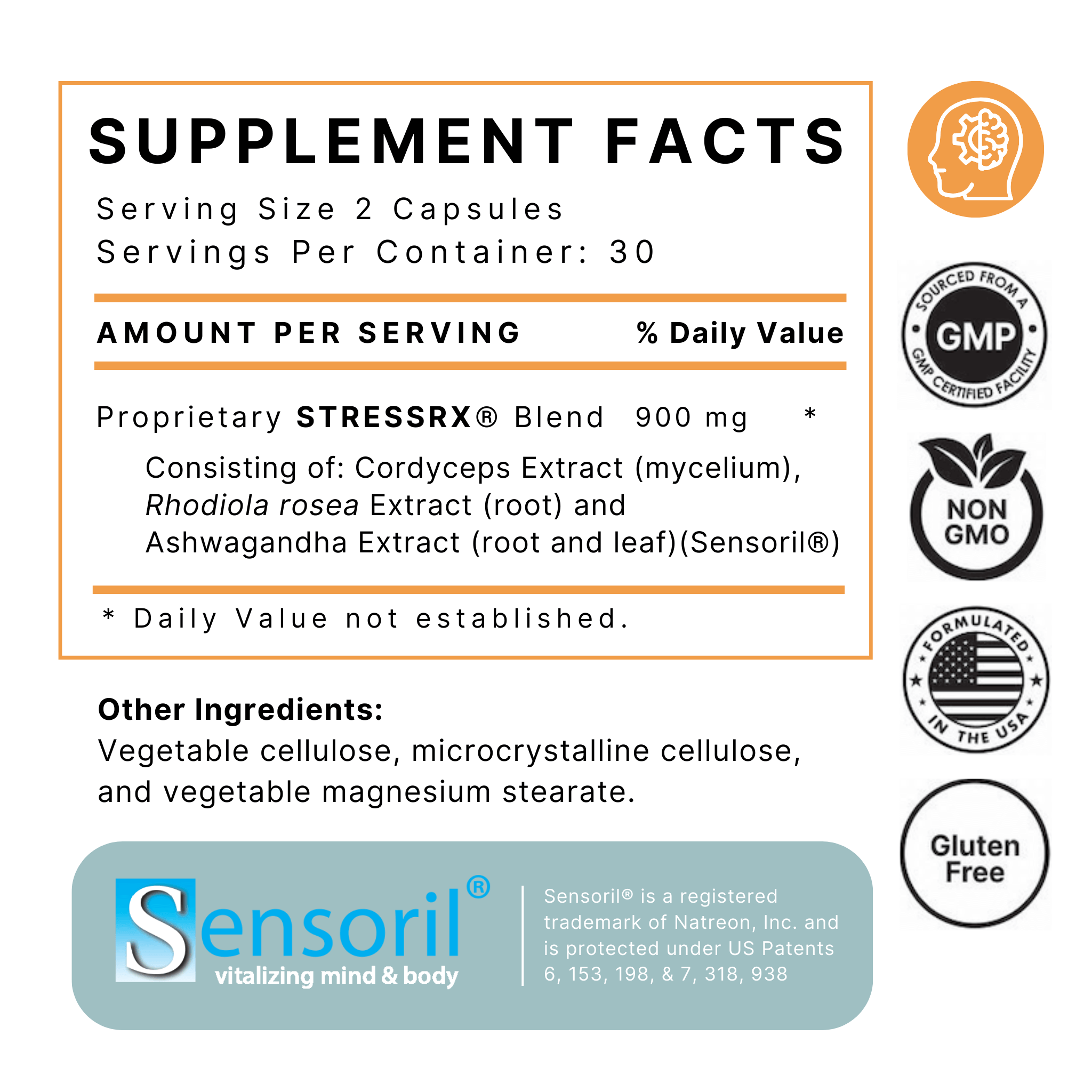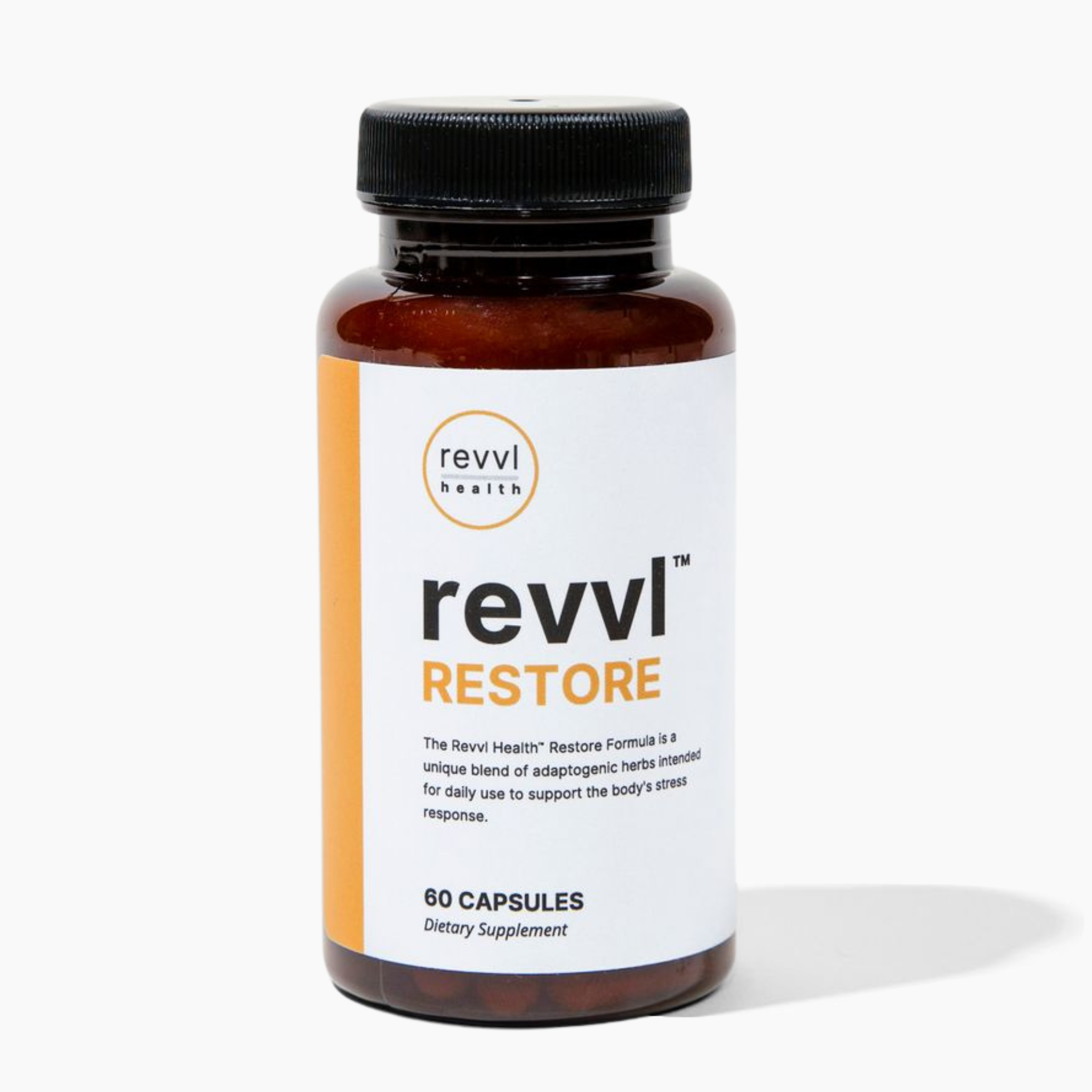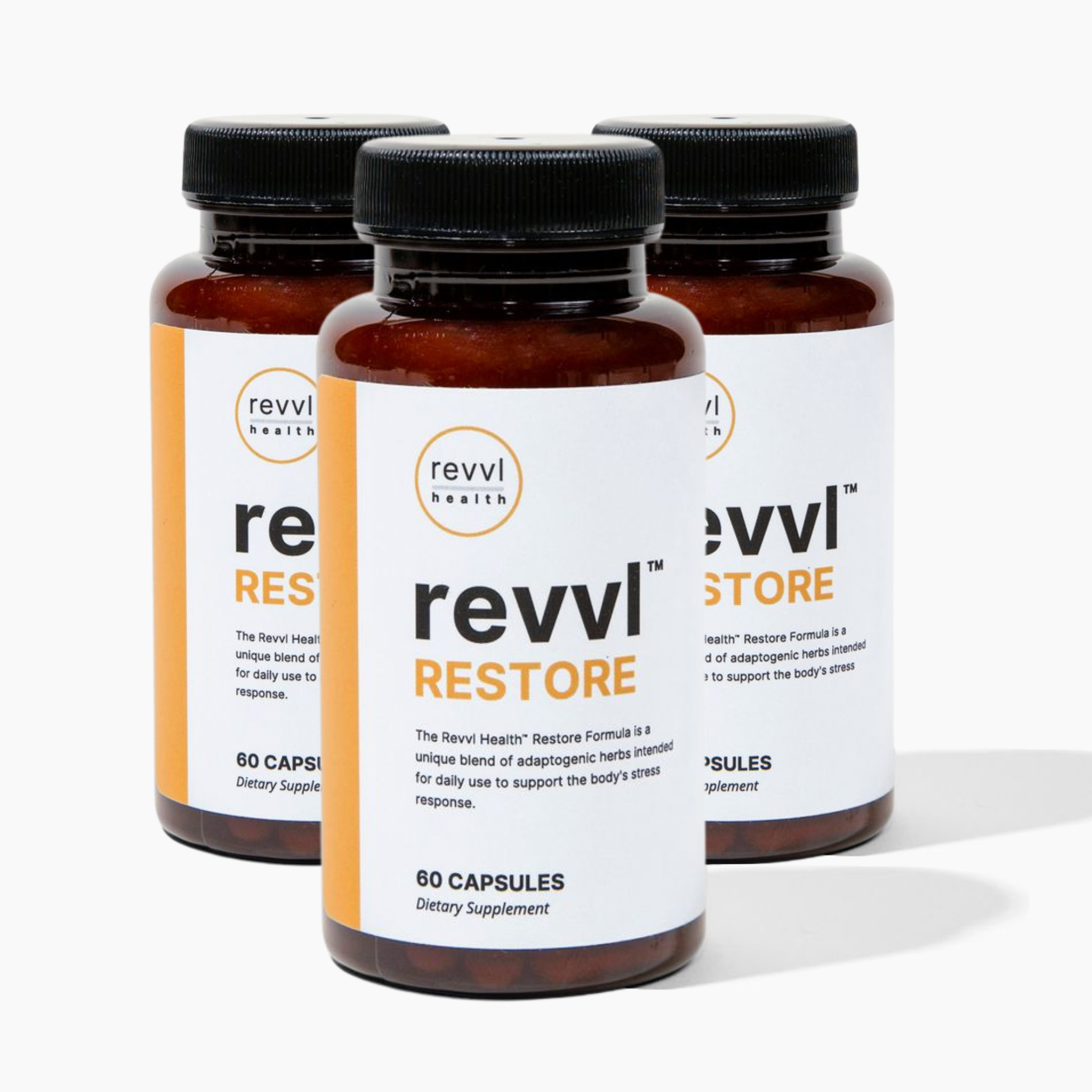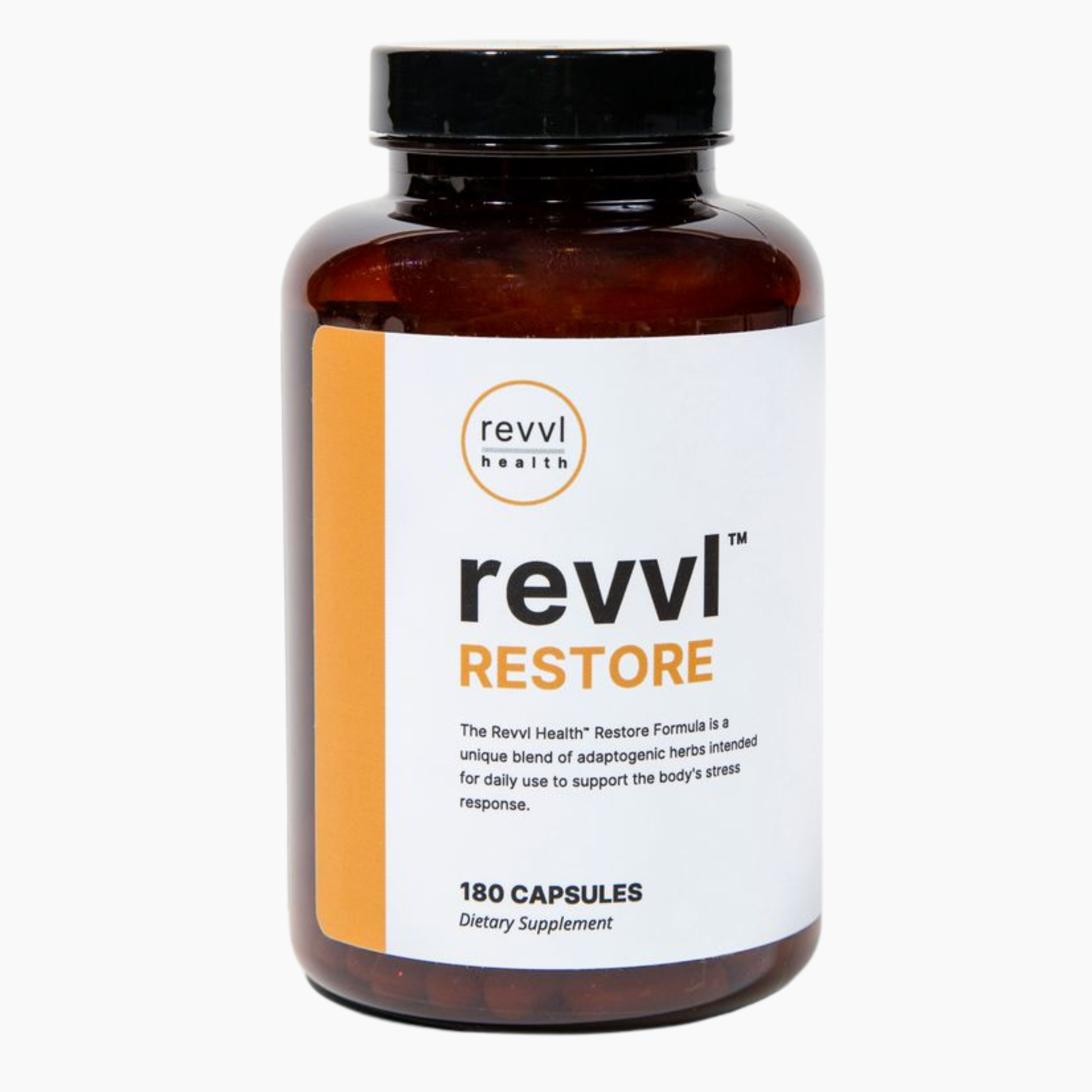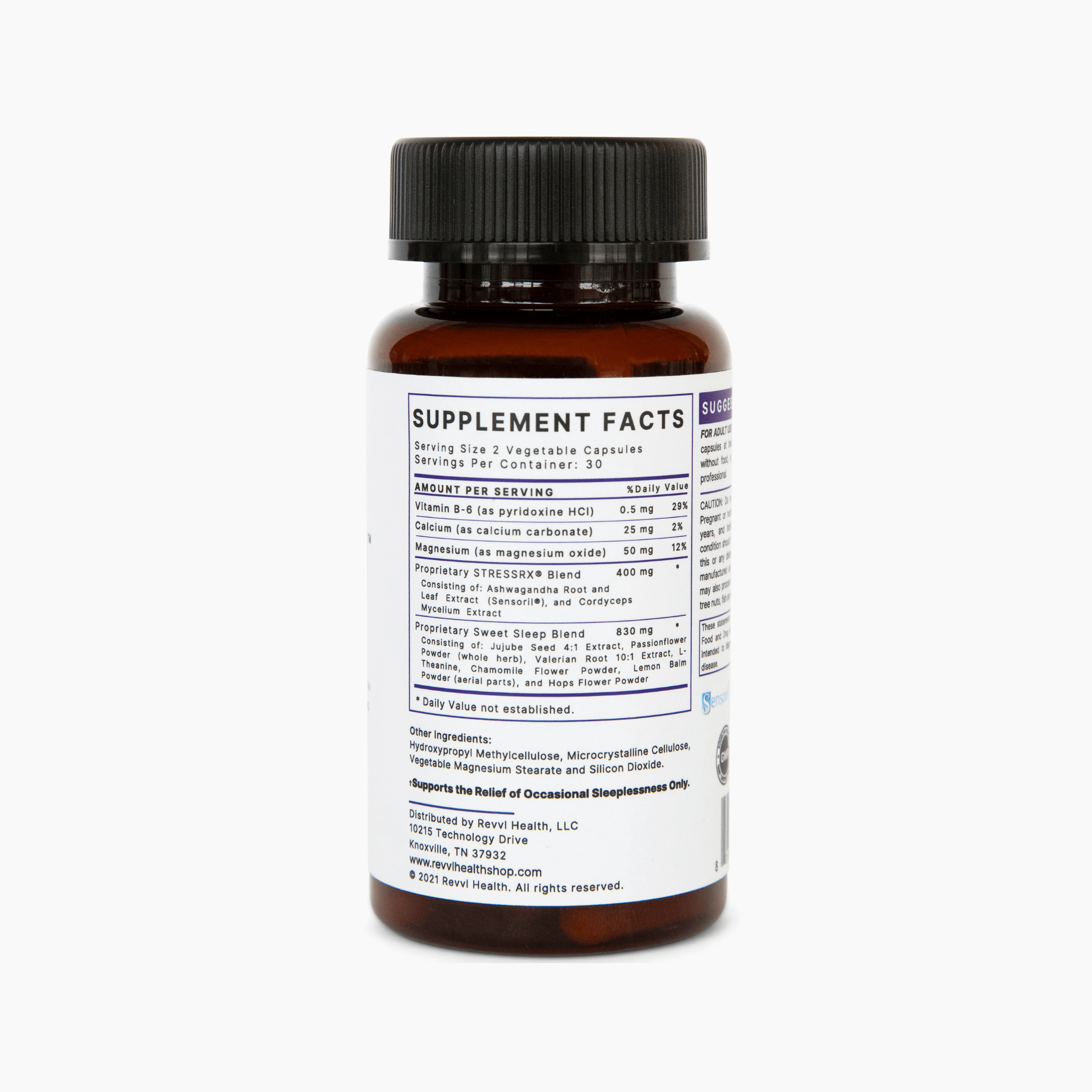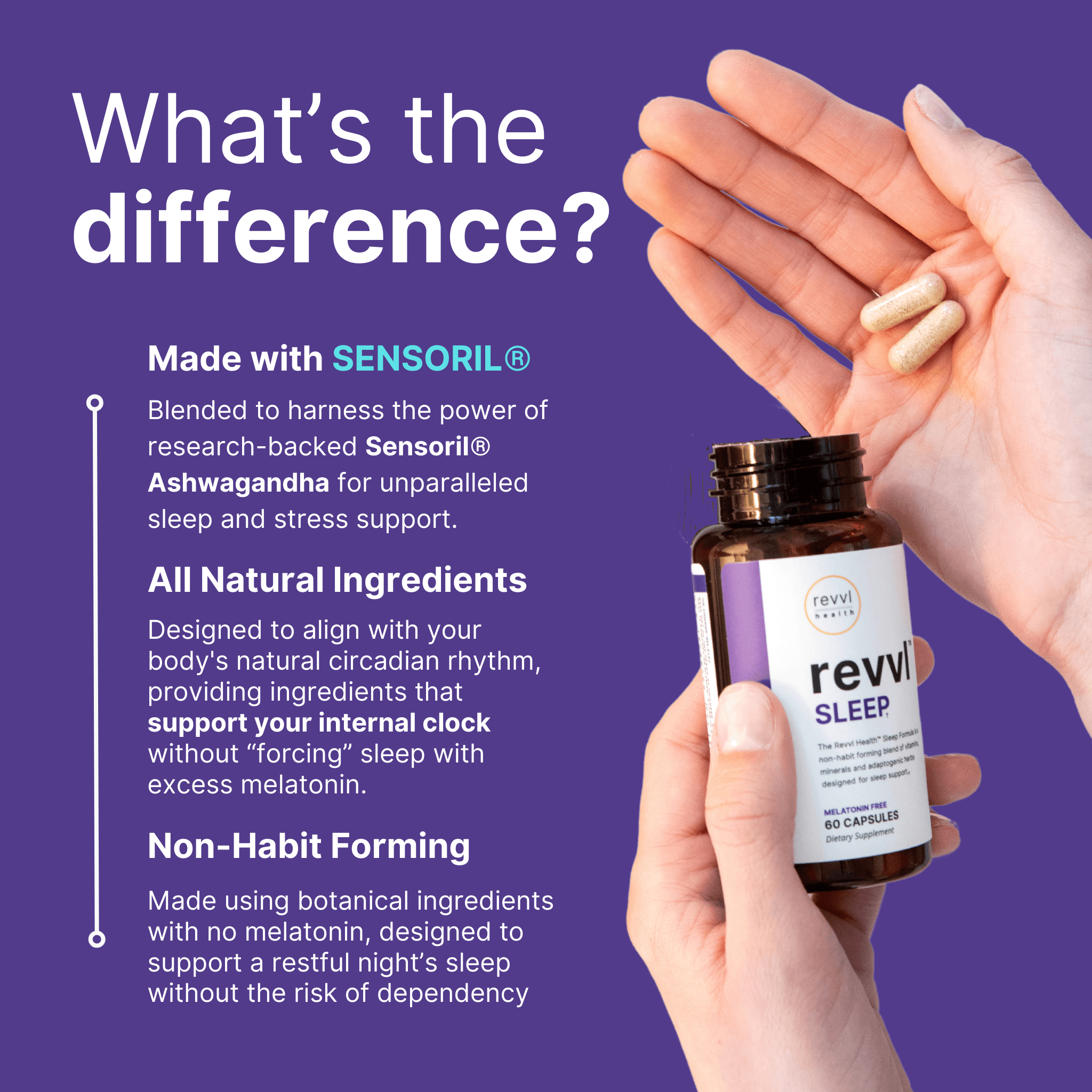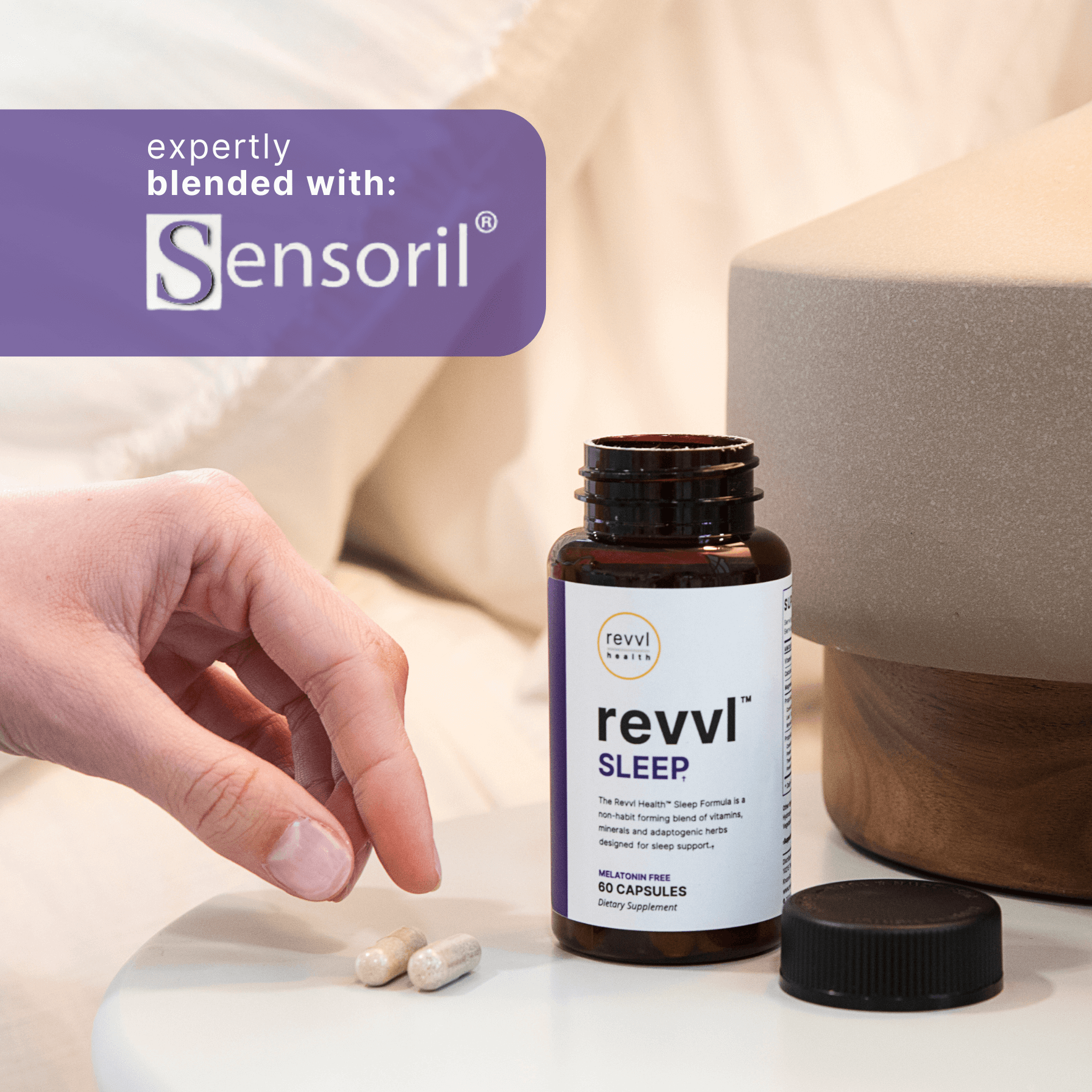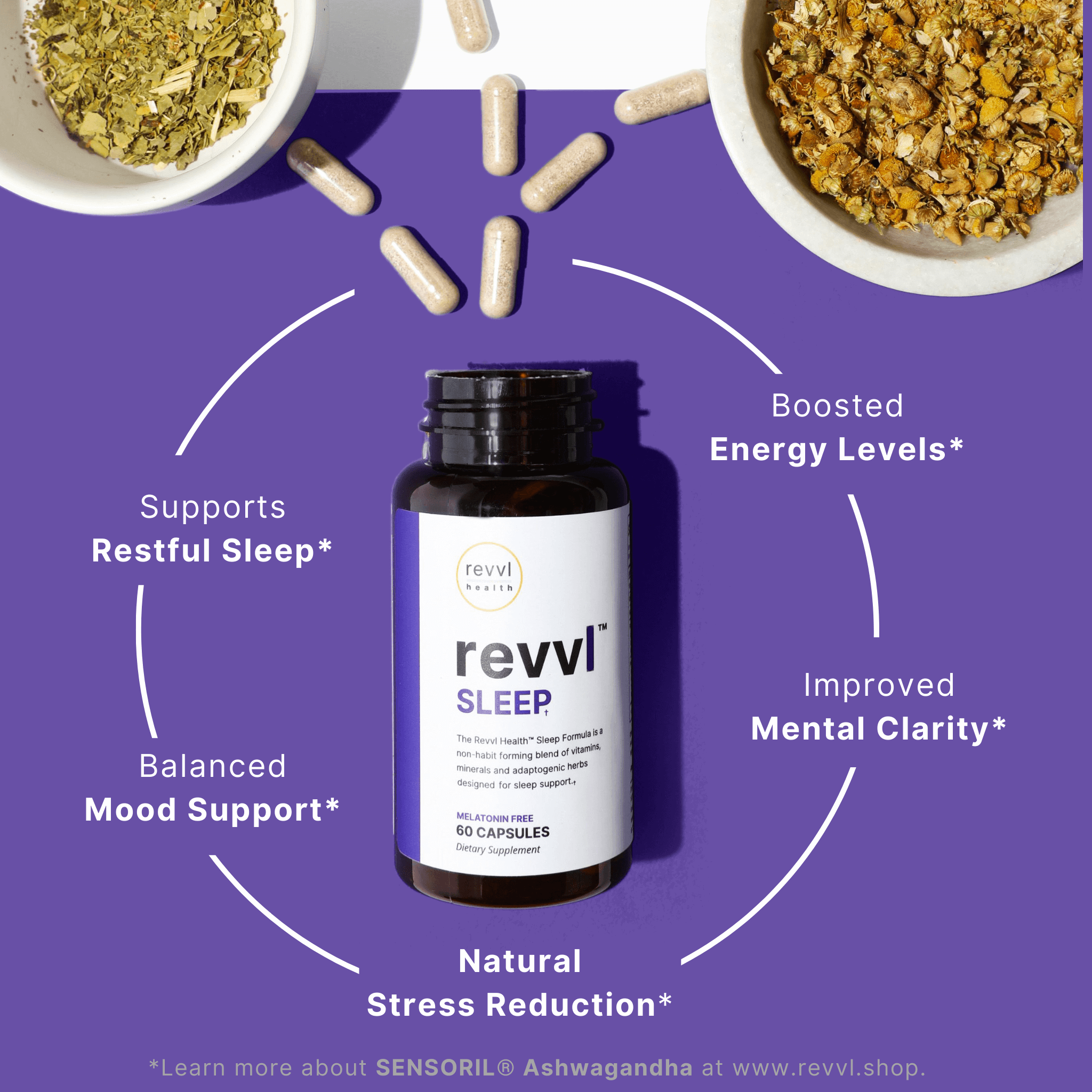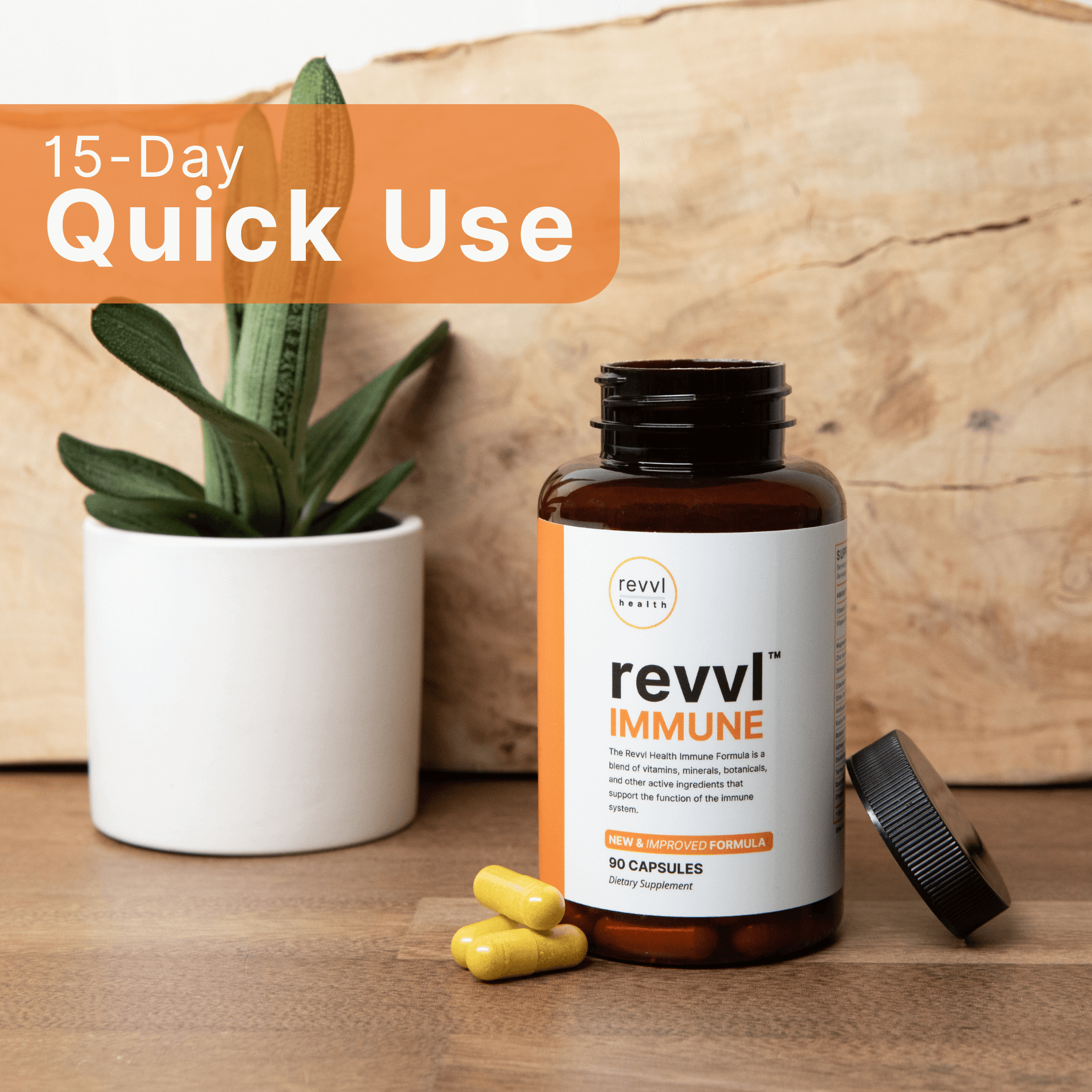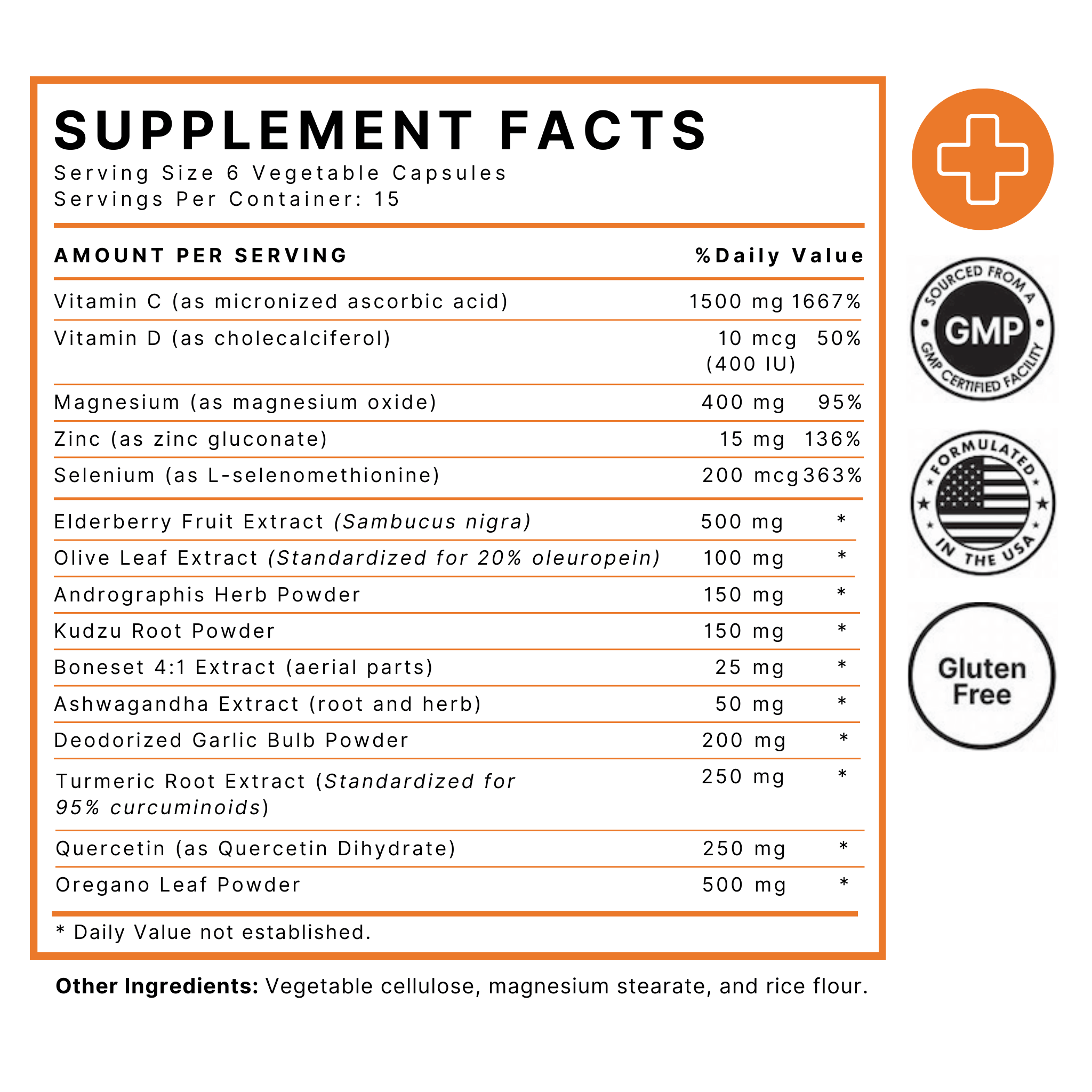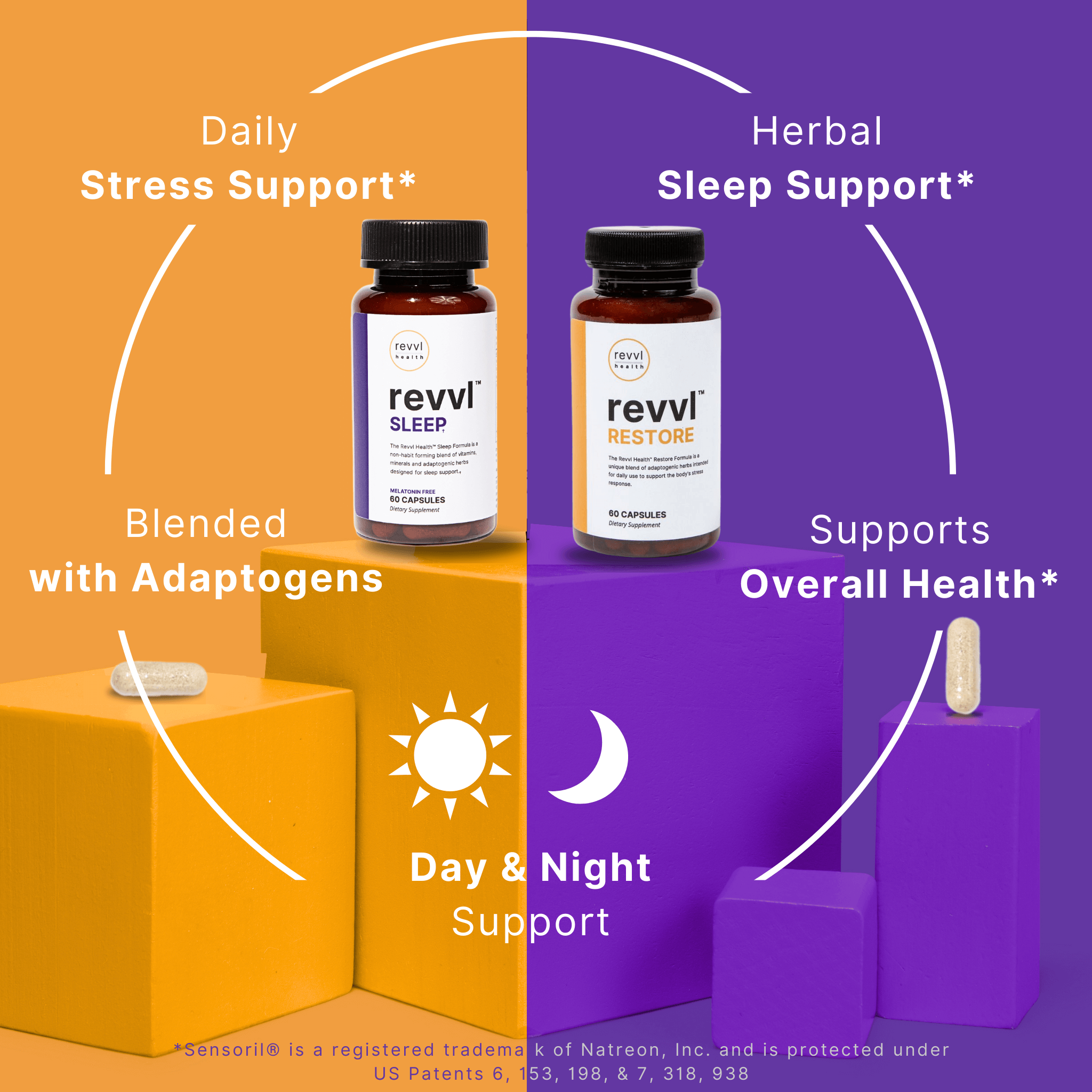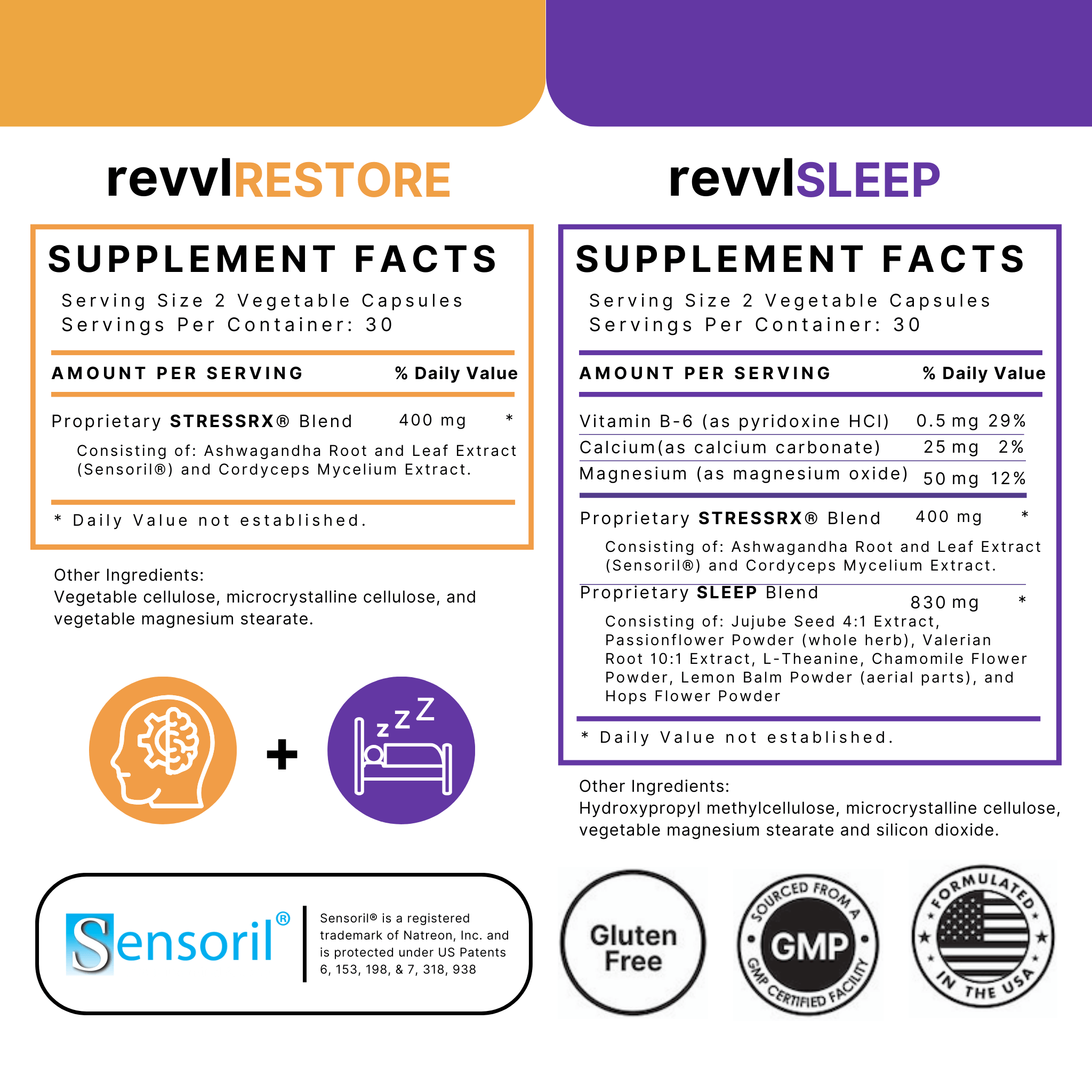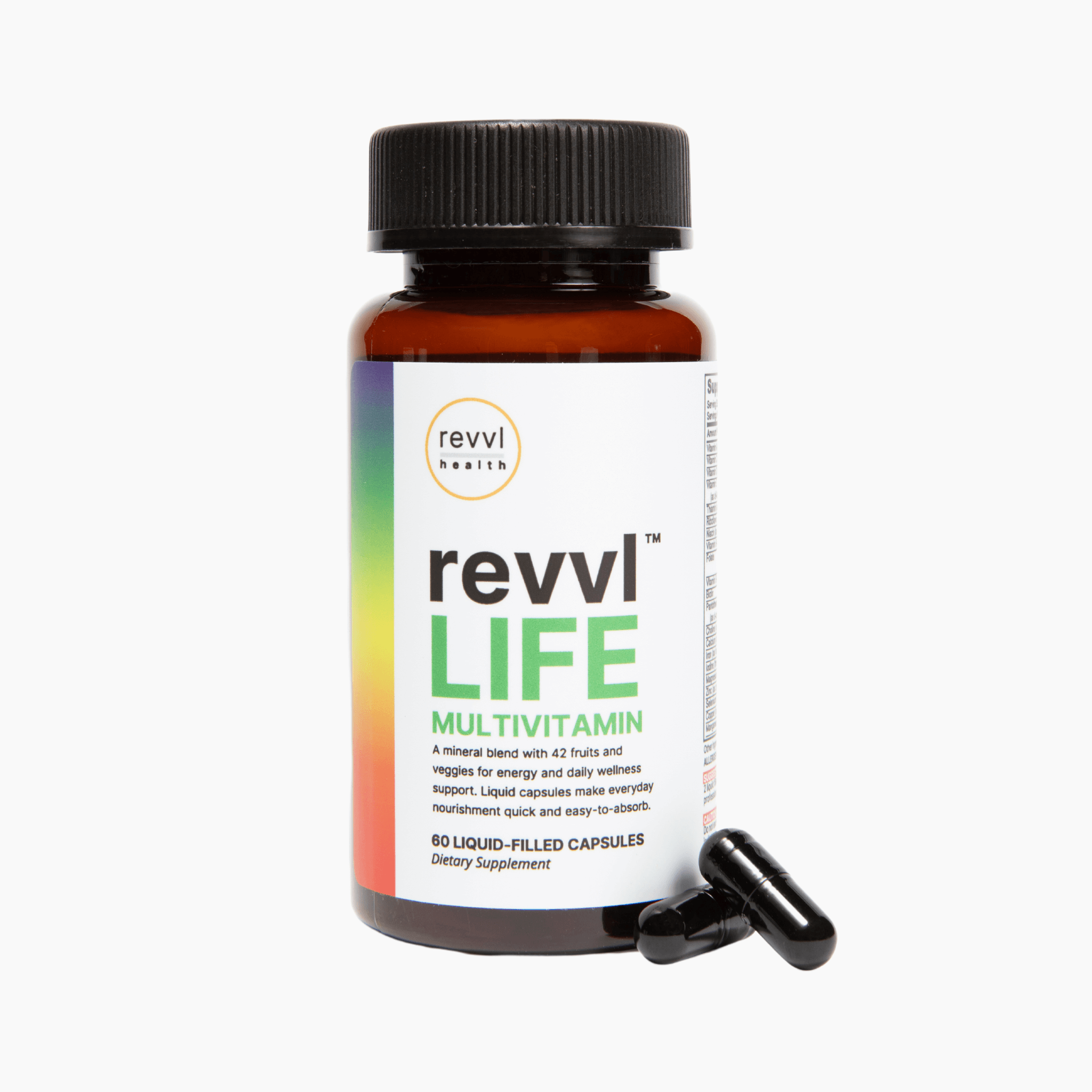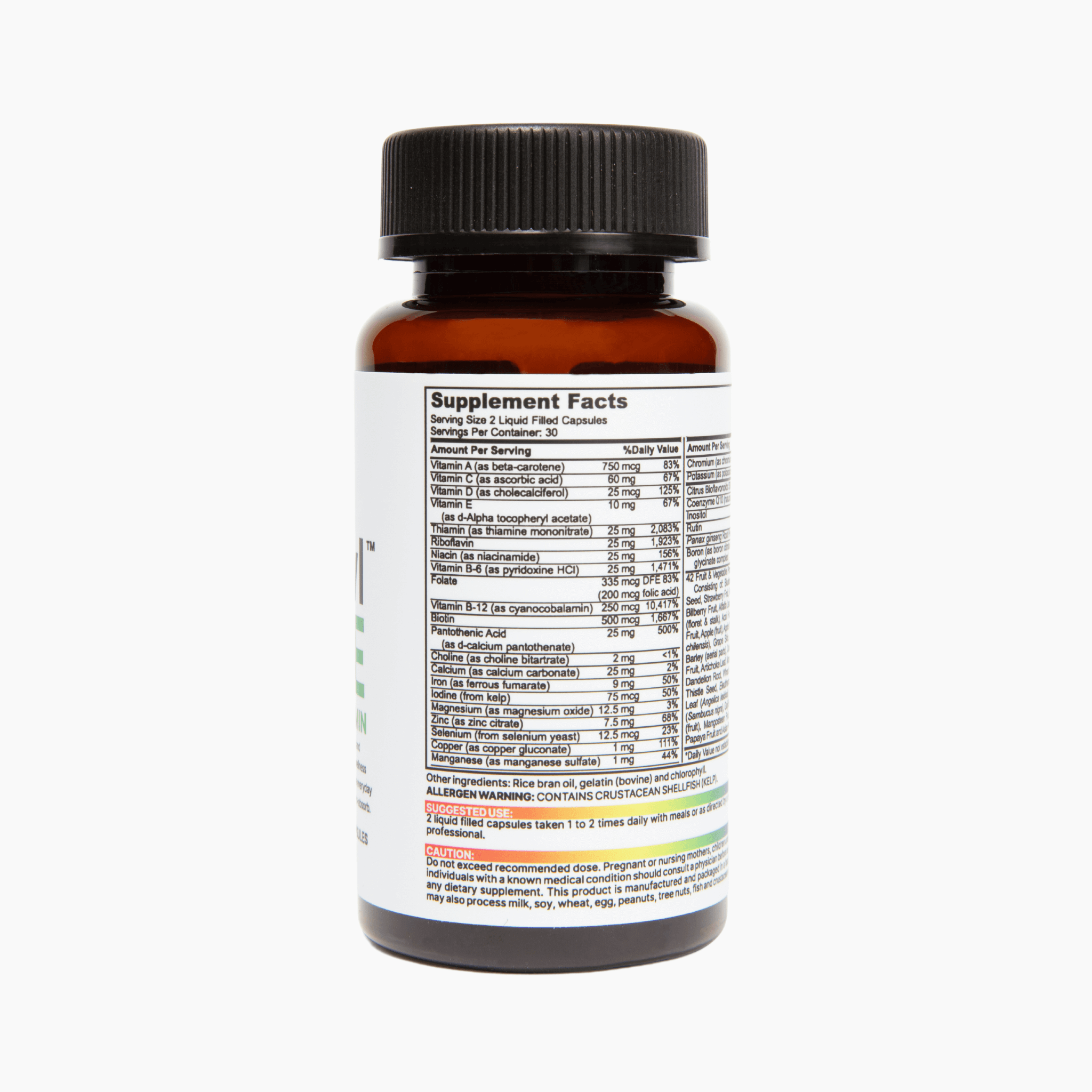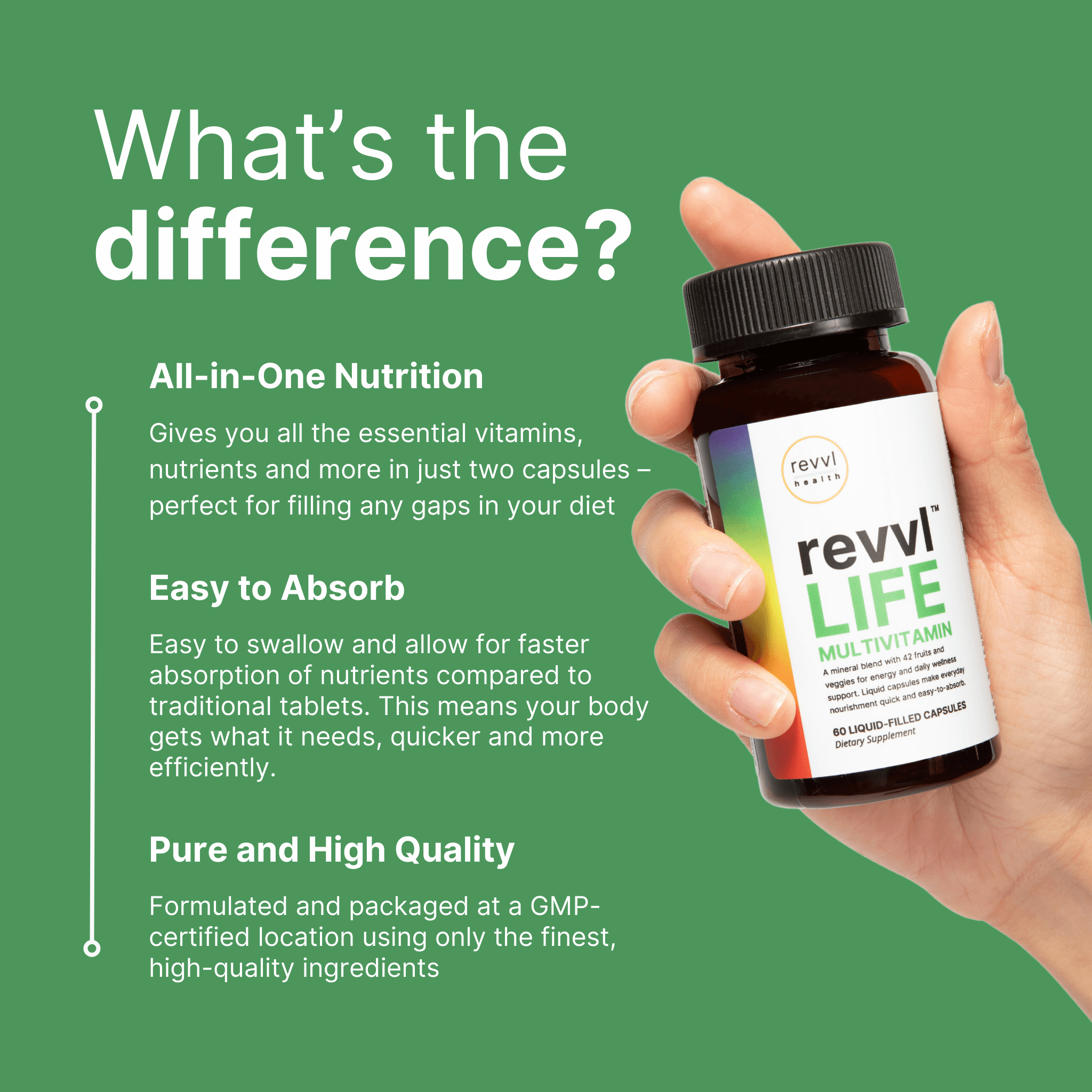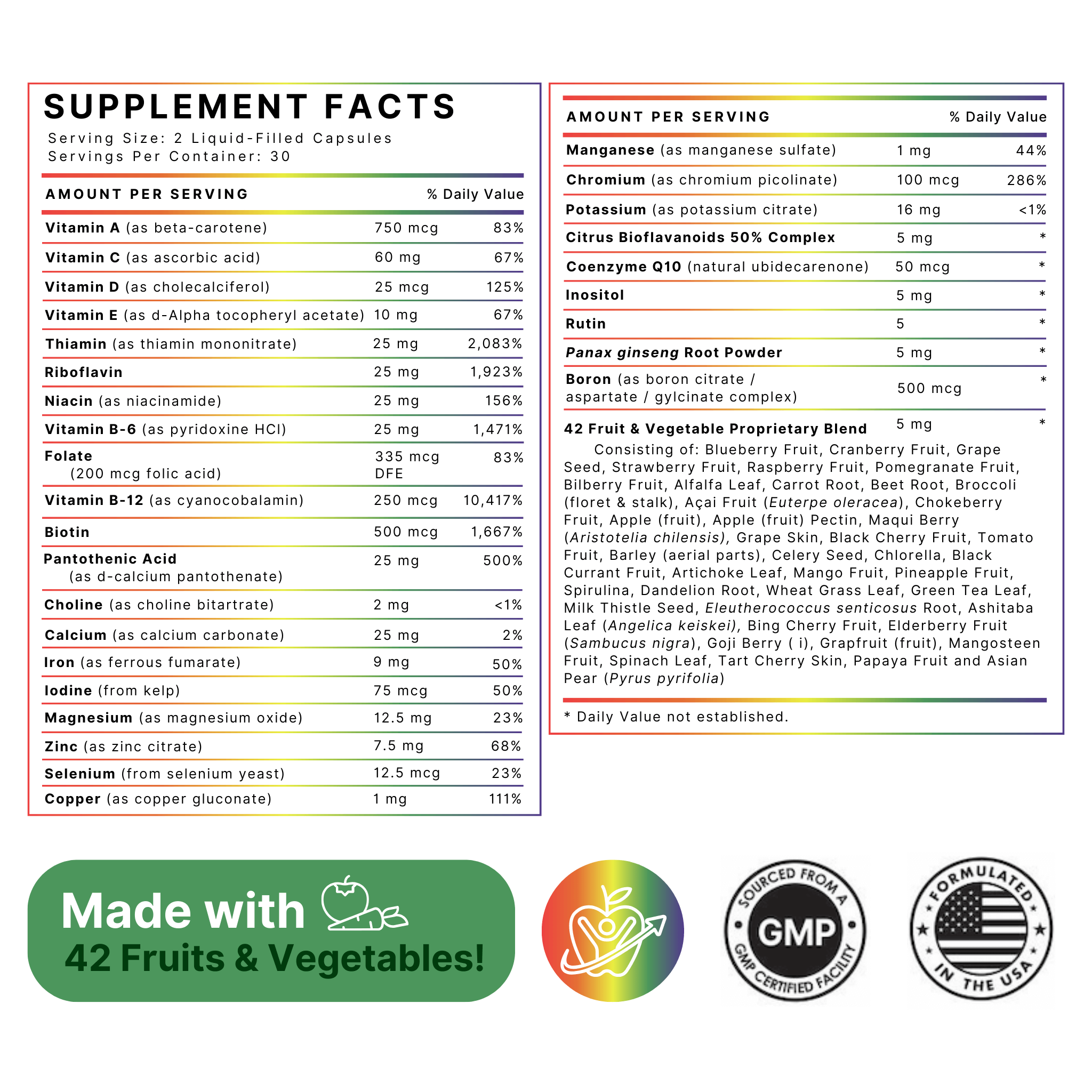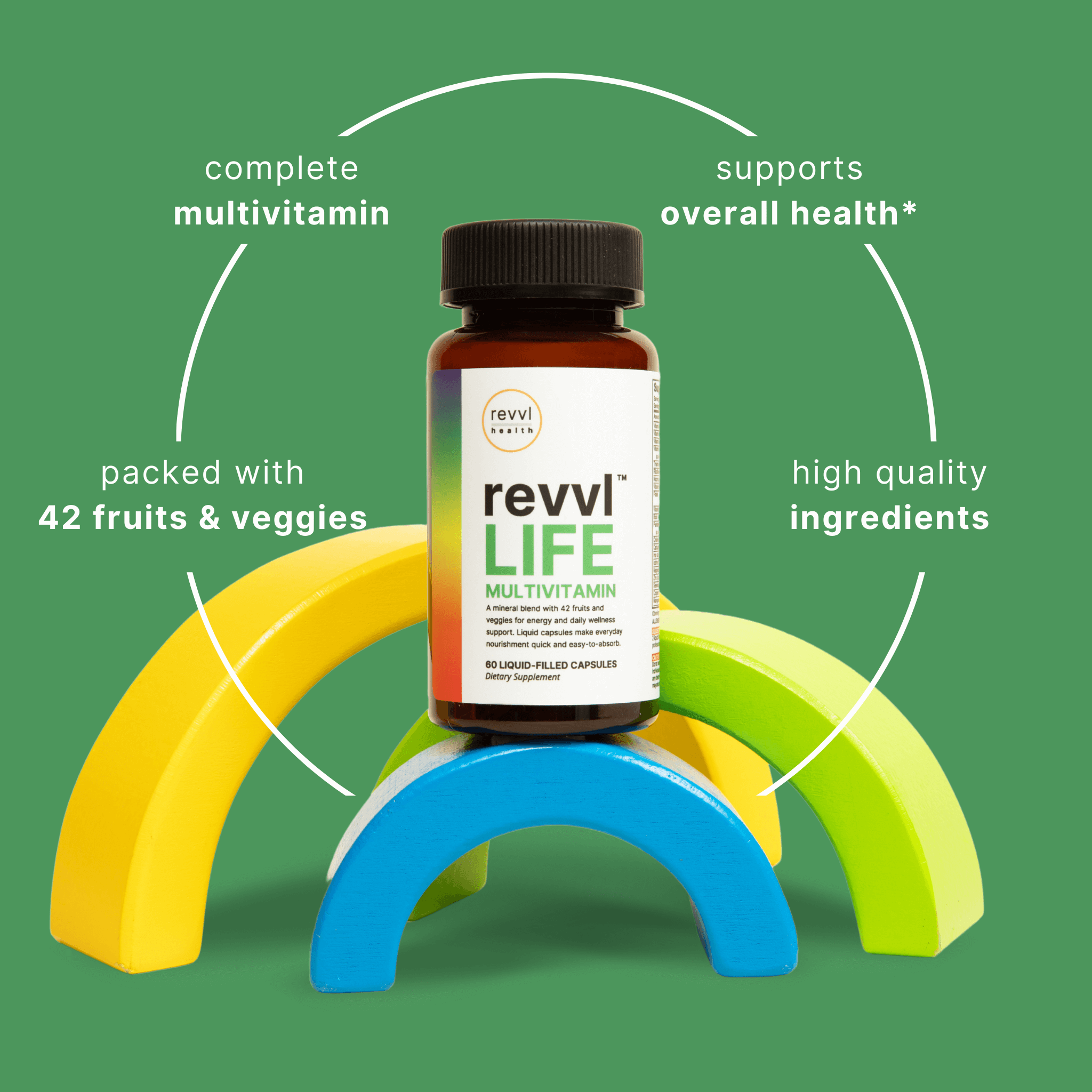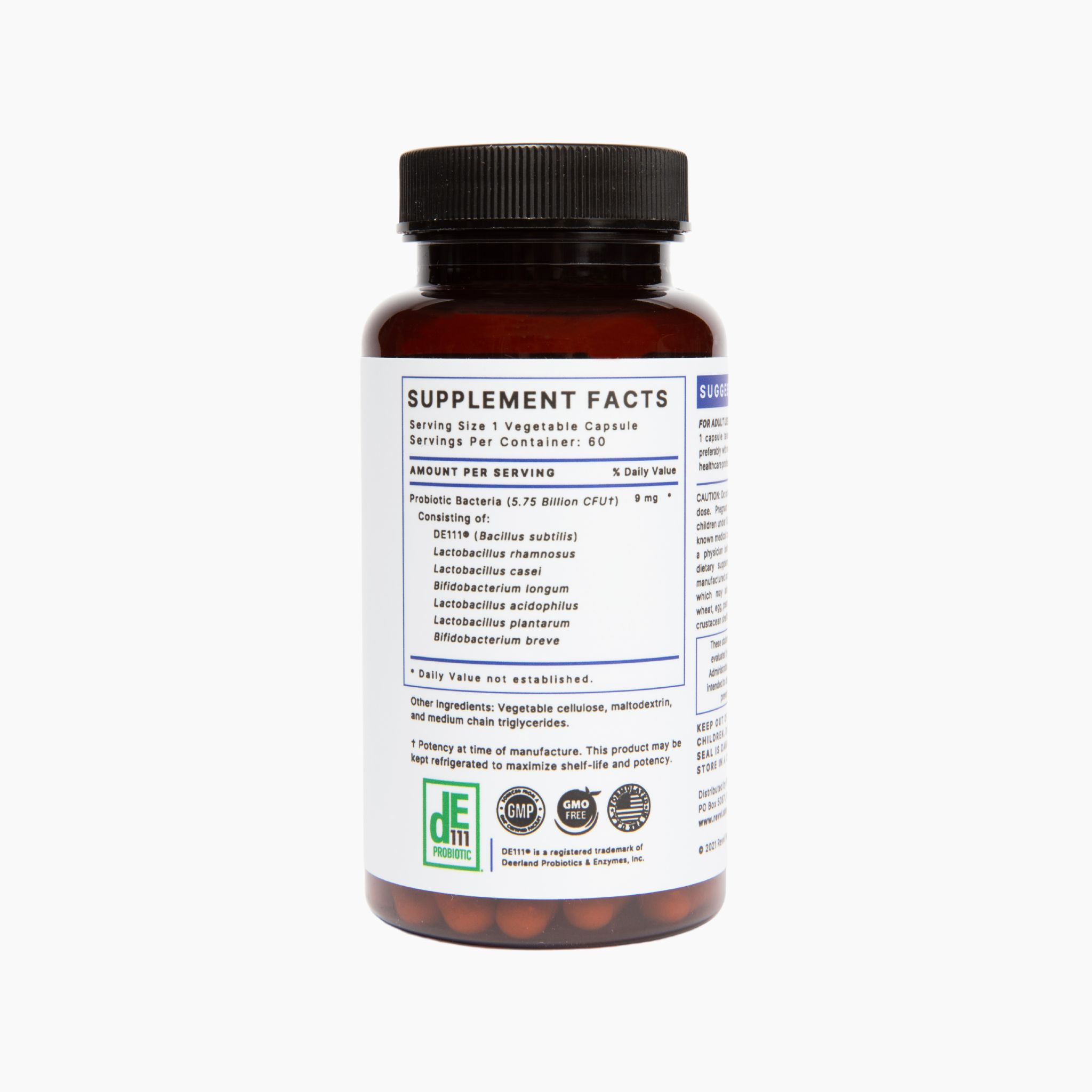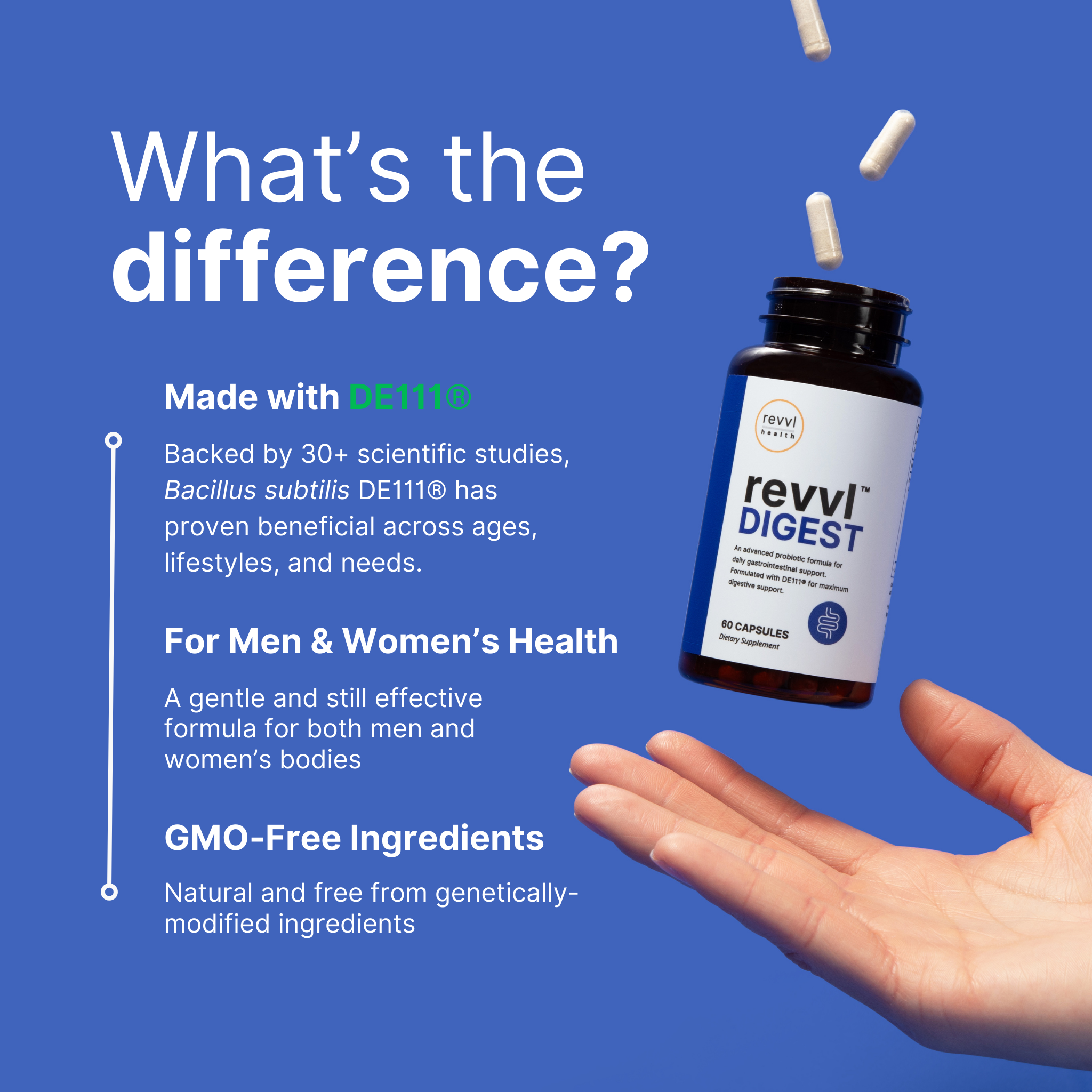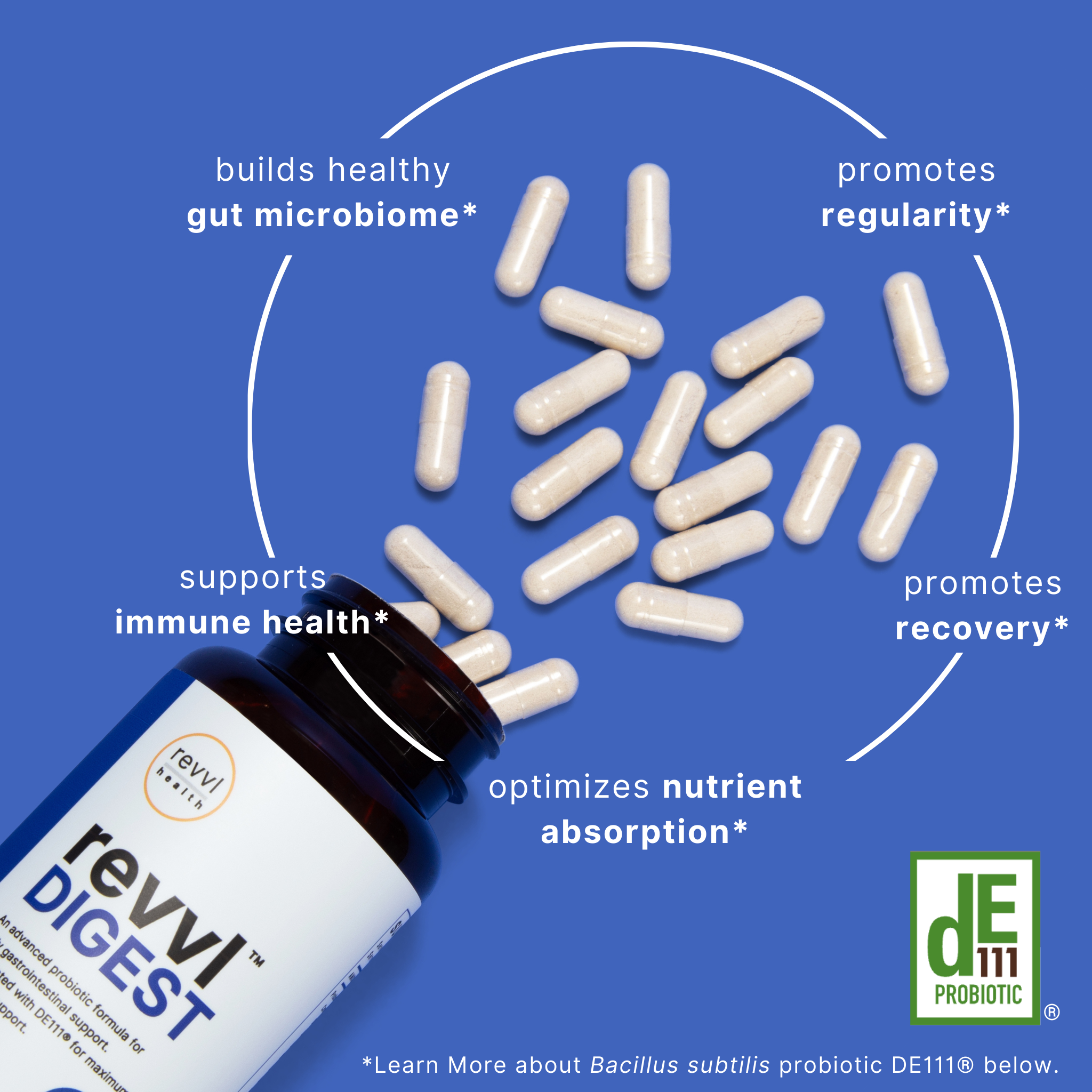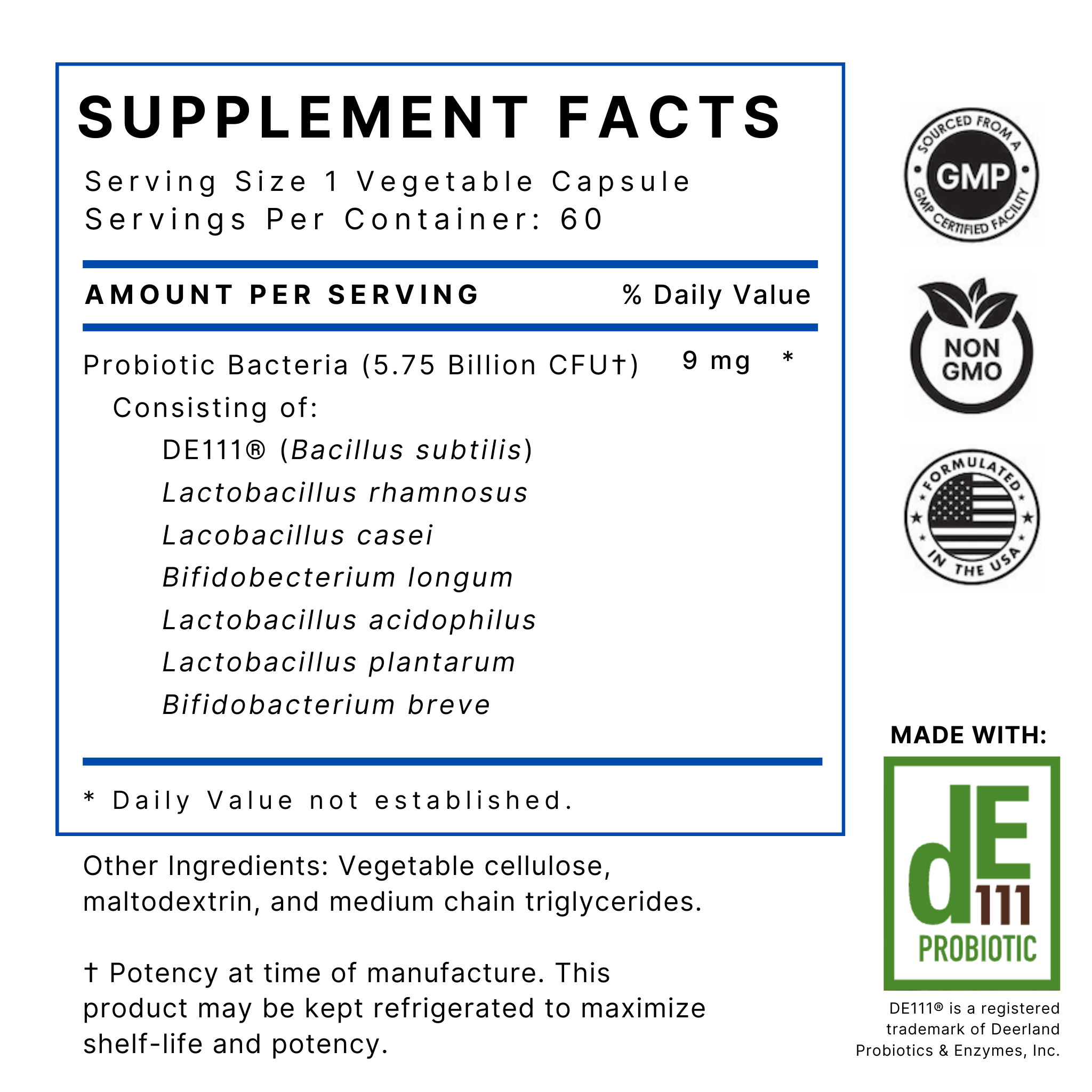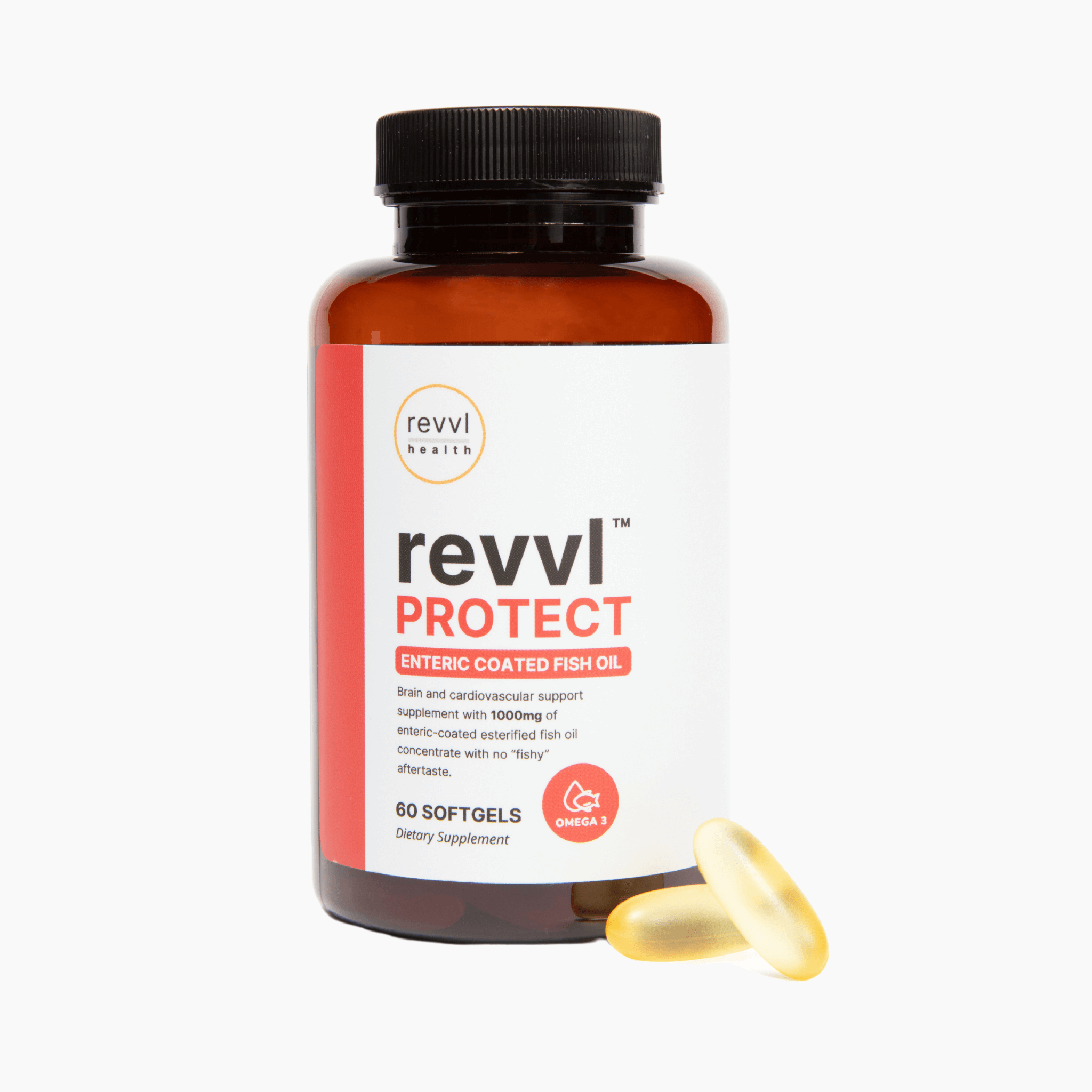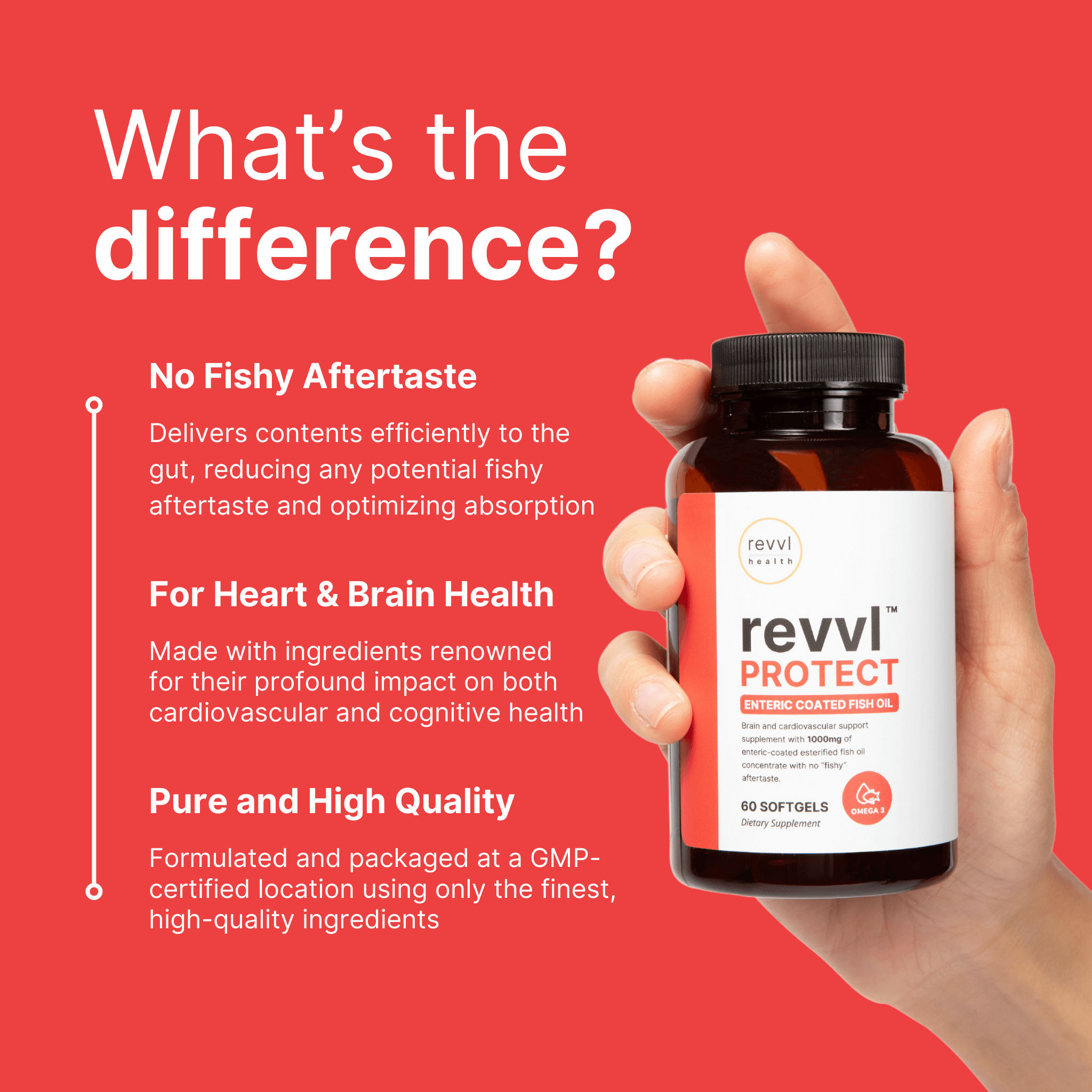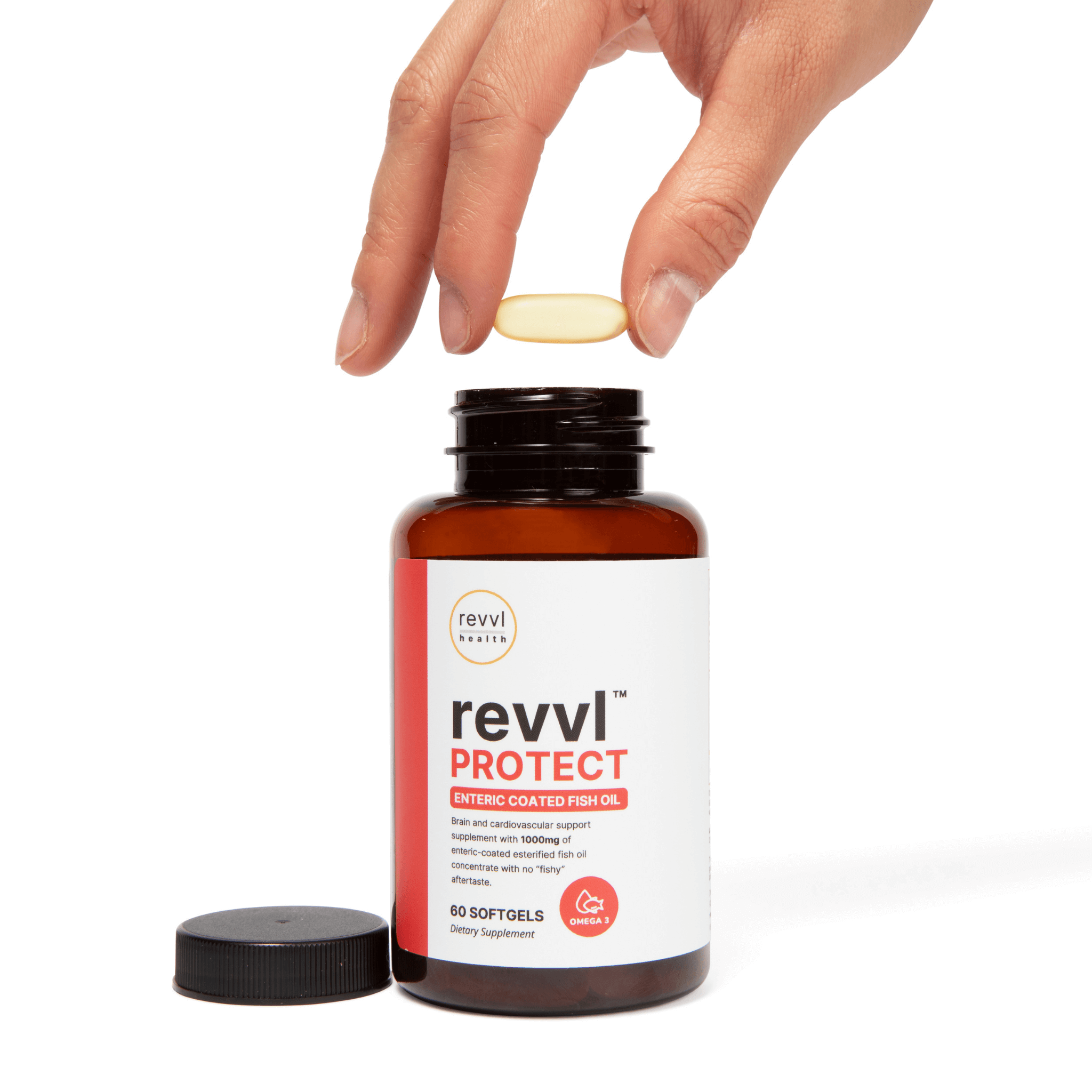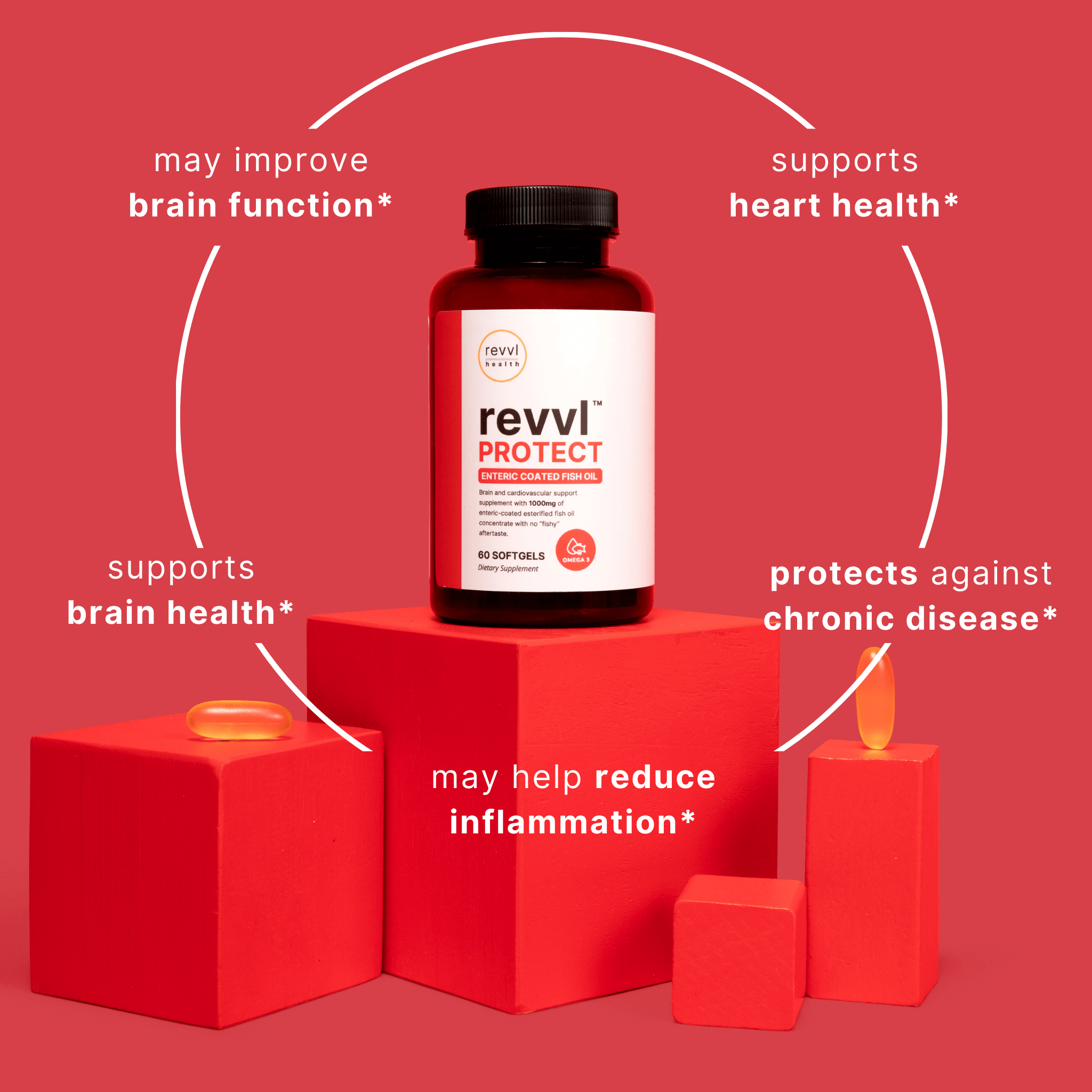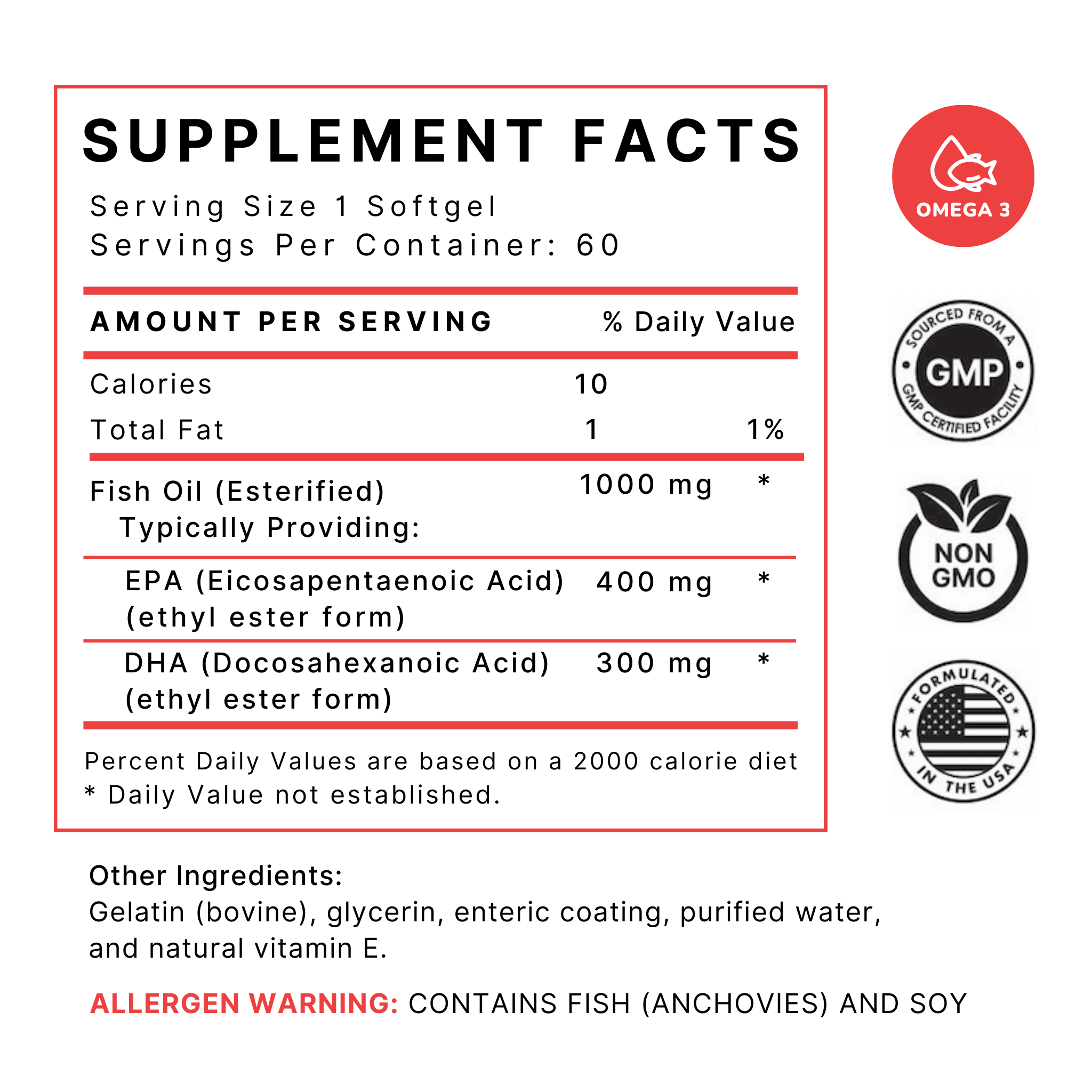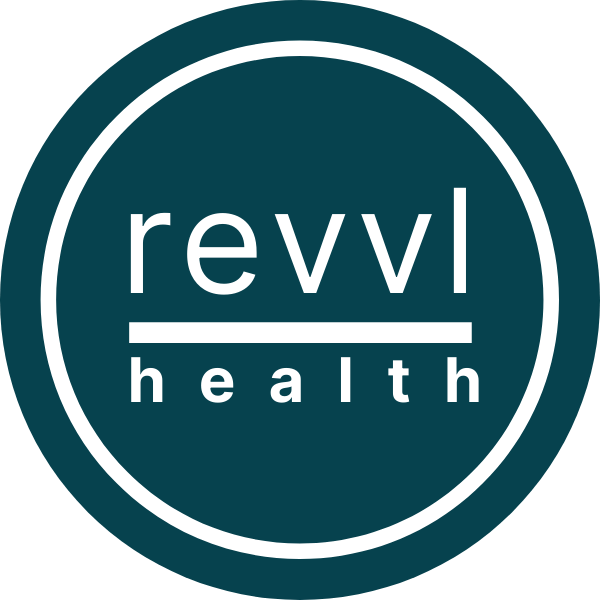The bond between a mother and child is one of the most significant relationships in a person's life. However, it is not uncommon for this relationship to be marred by past wounds, conflicts, and emotional baggage. The power of forgiveness can be transformative, offering a path to healing and building stronger connections with your mom.
In this article, we will explore strategies for healing past wounds and nurturing a healthier relationship with your mom through forgiveness. By drawing from the insights discussed in our latest podcast episode, we will delve into the importance of empathy, self-reflection, effective communication, and seeking professional support. Let's embark on a journey of forgiveness, understanding, and growth – together!
Understanding the Importance of Forgiveness
Forgiveness is a powerful tool that allows us to let go of past hurts and move forward with renewed strength. By actively choosing to forgive someone, we are able to free ourselves from the burden of anger, resentment, and pain. But sometimes forgiveness gets a bad wrap. To clarify: it is NOT about condoning the actions that caused the wounds but rather about releasing ourselves from their emotional grip. The process of forgiveness promotes emotional well-being, reduces stress, and improves overall mental health.
Unpacking Family Dynamics and Past Wounds
Family dynamics play a significant role in shaping our relationships, including the one we share with our mothers. Unresolved conflicts and emotional wounds can strain this important bond, and understanding the underlying dynamics and exploring the root causes of the wounds is crucial for healing.
By delving into the past, we can gain insights into the factors that may have contributed to the strain in the relationship. Then, recognizing the impact of these wounds and their consequences can be the first step towards real, whole-hearted forgiveness.
Recognizing the Role of Empathy and Compassion
Empathy and compassion are two essential ingredients for healing and rebuilding connections with your mom. By using your imagination to put yourself in her shoes and seek to understand her perspective can help you foster this empathy and compassion. It allows you to “zoom out” and view the situation from a broader and more objective perspective, promoting forgiveness and opening the door for healing conversations.
Also, it’s important to note that practicing self-compassion during this process is vital. Forgiving yourself for any mistakes or shortcomings that might have contributed to the strained relationship with your mom is essential for personal growth and the forgiveness of others.
Strategies for Healing and Rebuilding Connections
Healing past wounds and building stronger connections with your mom requires intentional effort and a clear strategy. Oh, and effective communication is key. Effectively expressing your emotions and concerns in a calm and constructive manner can facilitate better understanding and potentially even resolution. It is essential to choose the right time and place for these conversations, ensuring that both parties are open and receptive.
Also, remember that it isn’t always WHAT you say, but more often HOW and WHEN you say it that matters.
Rebuilding trust is a gradual process that requires understanding, consistency and patience. Small acts of kindness and support can go a very long way in rebuilding the bond with your mom. Setting healthy boundaries, giving yourself the time or space to process emotions, and managing expectations is also crucial.
Recognizing that your mom is human, with her flaws and limitations, can help manage your own unrealistic expectations and reduce disappointment on both sides of the relationship.
Cultivating Forgiveness: Self-Reflection and Personal Growth
Self-reflection is another powerful tool for cultivating forgiveness. Take time to introspect and evaluate your own emotions, beliefs, and actions to identify any patterns or triggers that may contribute to conflicts.
By understanding yourself better, you can gain clarity in the areas where you need to ask for forgiveness and be committed to growth in that area. And remember: you will never truly be able to forgive someone else unless you are able to practice self-forgiveness, as we are all imperfect and make mistakes.
Personal growth is an integral part of the forgiveness process. Explore personal development resources, take the first step with therapy or counseling, or seek support from trusted friends or mentors whose discernment is good. Over time, working on your own growth can and will positively impact your relationship with your mom.
Seeking Professional Help: Therapy and Support
Sometimes, the healing process requires professional help. Therapy or counseling can provide a safe and supportive environment to navigate complex emotions and conflicts. A trained therapist can guide you through the forgiveness process, offering tools and techniques tailored to your unique situation. They can help you gain insights, develop effective communication skills, and provide strategies for rebuilding the connection with your mom.
Support groups or workshops focused on family dynamics and forgiveness can also be beneficial. Connecting with others who have gone through similar experiences can provide validation, empathy, and practical advice. Sharing your journey and listening to the stories of others can inspire hope and encourage growth.
Other Types of Support
In addition to exploring the power of forgiveness, it's important to acknowledge the value of simpler solutions for managing emotional stress. Incorporating adaptogenic herbs into your daily routine can provide support and balance during these challenging times. Three notable adaptogens to consider are Ashwagandha, Rhodiola Rosea, and Cordyceps.
Ashwagandha, known for its calming properties, has been traditionally used to reduce stress and promote a sense of overall well-being. It can help regulate your Cortisol levels, which play a role in managing stress responses.
Rhodiola Rosea, another adaptogenic herb, is renowned for its ability to enhance mental and physical resilience. It can assist in reducing fatigue, improving mood, and promoting cognitive function, allowing you to navigate the demands of your daily life more effectively and give you more capacity to handle stressful situations.
Cordyceps, a unique adaptogenic mushroom, offers a myriad of benefits. It supports energy levels, boosts endurance, and enhances overall vitality. Cordyceps can be particularly valuable when you're juggling various roles and responsibilities, providing you with the stamina needed to thrive.
Incorporating these adaptogenic herbs into your wellness routine, alongside forgiveness practices, can offer a comprehensive approach to nurturing your emotional well-being and building stronger connections with your spouse, your family, and your friends. Talk with your primary healthcare provider about adding these herbs to your everyday physical and mental health regimen!
Nurturing Healthy Relationships: Moving Forward
Forgiveness is a continuous process. As you embark on this journey, remember to nurture the relationship with your mom. Celebrate the small victories and progress made along the way. Communication, empathy, and understanding should stay at the forefront of all your interactions with her. Also, to strengthen your bond, try to engage in activities such as shared hobbies or quality time together.
Practice gratitude and appreciation for the positive aspects of your relationship with your mom and focus on the strengths and qualities that you admire to foster a deeper sense of connection and love.
The power of forgiveness holds immense potential for healing past wounds and building stronger connections with your mom. It requires courage, self-reflection, empathy, and effective communication. By understanding the importance of forgiveness, recognizing the role of empathy and compassion, and implementing strategies for healing, you can embark on a journey of personal growth and transformed relationships.
Remember, forgiveness is a process that takes time and effort. Be patient with yourself and with your mom. Celebrate the progress you make along the way, no matter how small! With forgiveness as the foundation, you have the power to heal wounds, foster understanding, and build a stronger, more fulfilling relationship with your mom.
Through the strategies discussed in this blog post and the insights shared in our podcast, we hope to inspire and empower you to embark on this transformative journey of forgiveness and connection with your mom.
Resources and References:
- Worthington, E. L., Witvliet, C. V. O., Pietrini, P., & Miller, A. J. (2007). Forgiveness, Health, and Well-Being: A Review of Evidence for Emotional Versus Decisional Forgiveness, Dispositional Forgivingness, and Reduced Unforgiveness. Journal of Behavioral Medicine, 30(4), 291-302. doi:10.1007/s10865-007-9105-
- Fincham, F. D., Hall, J. H., & Beach, S. R. H. (2006). Forgiveness in Marriage: Current Status and Future Directions. Family Relations, 55(4), 415-427. doi:10.1111/j.1741-3729.2006.00412.x
- Al-Mabuk, R., & Enright, R. D. (1999). Forgiveness Education with Parentally Love-Deprived Late Adolescents. Journal of Moral Education, 28(3), 295-310. doi:10.1080/0305724990280305
- Freedman, S. R., Enright, R. D., & Rique, J. (1996). The Effects of Forgiveness Therapy on Depression, Anxiety, and Posttraumatic Stress for Women after Spousal Emotional Abuse. Journal of Consulting and Clinical Psychology, 74(5), 920-929. doi:10.1037/0022-006X.74.5.920



